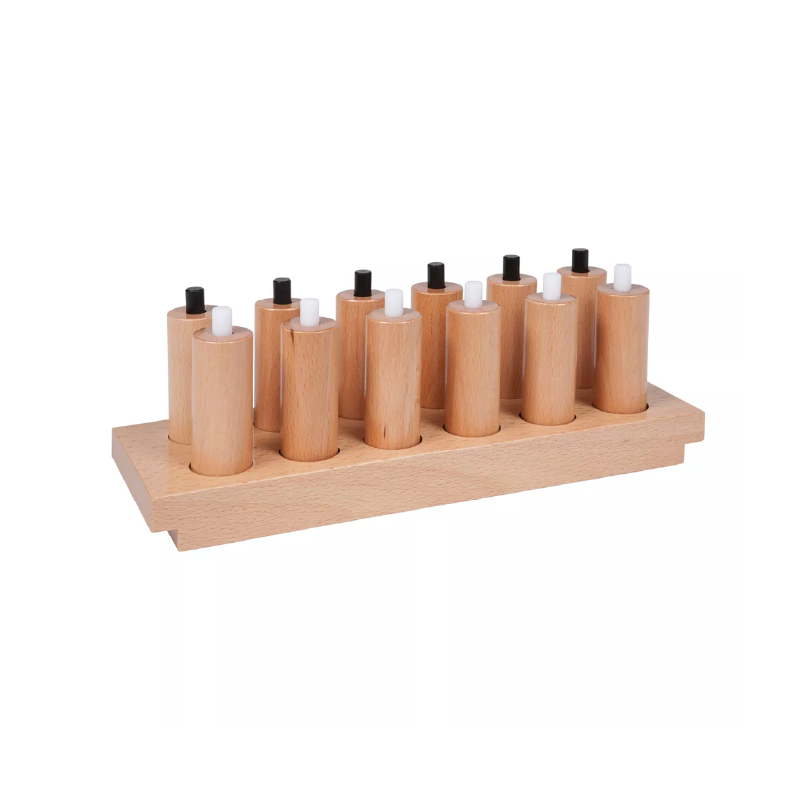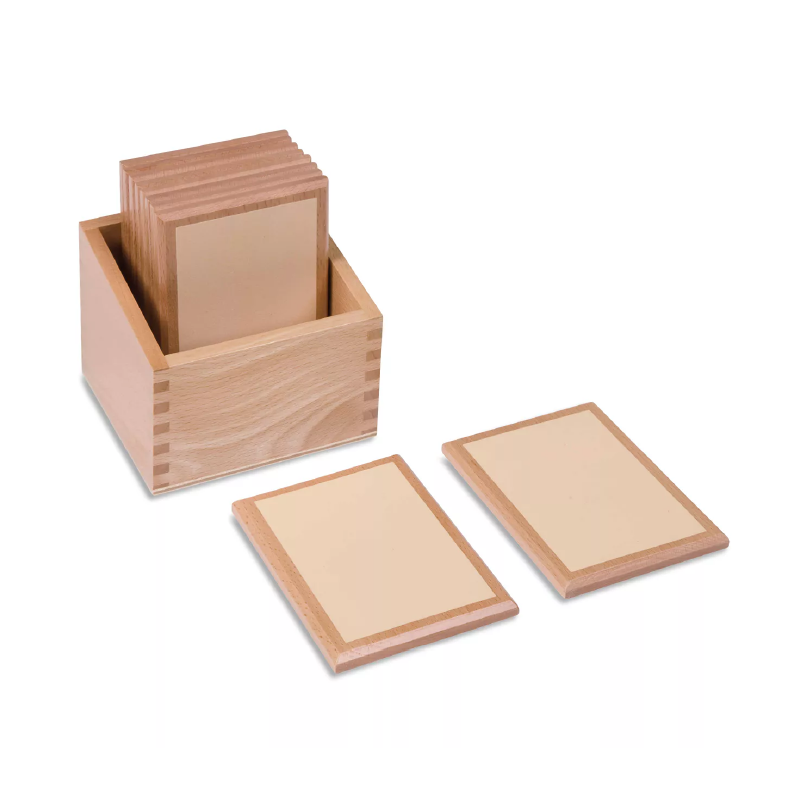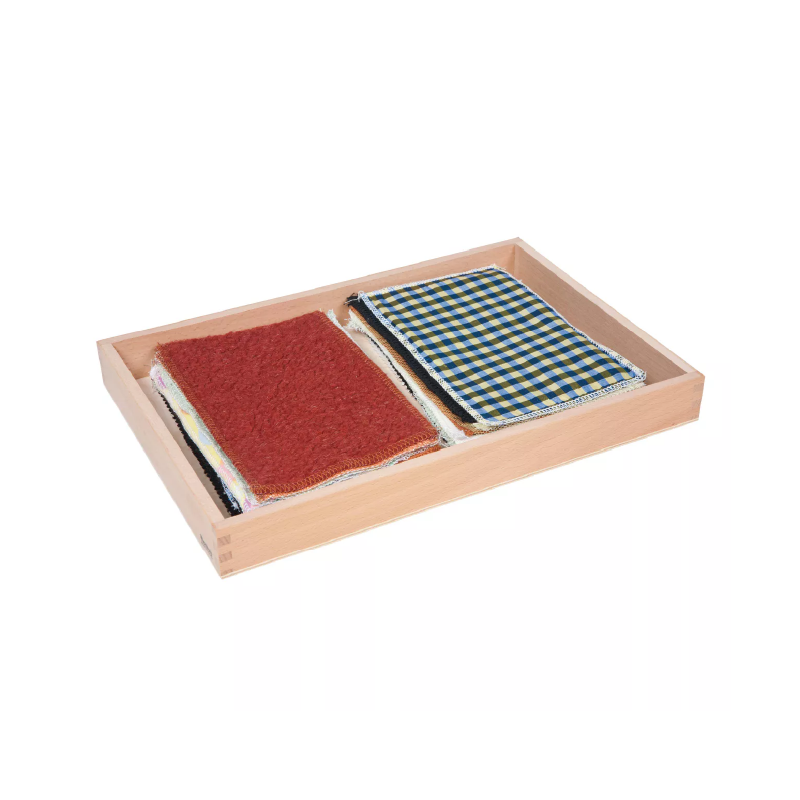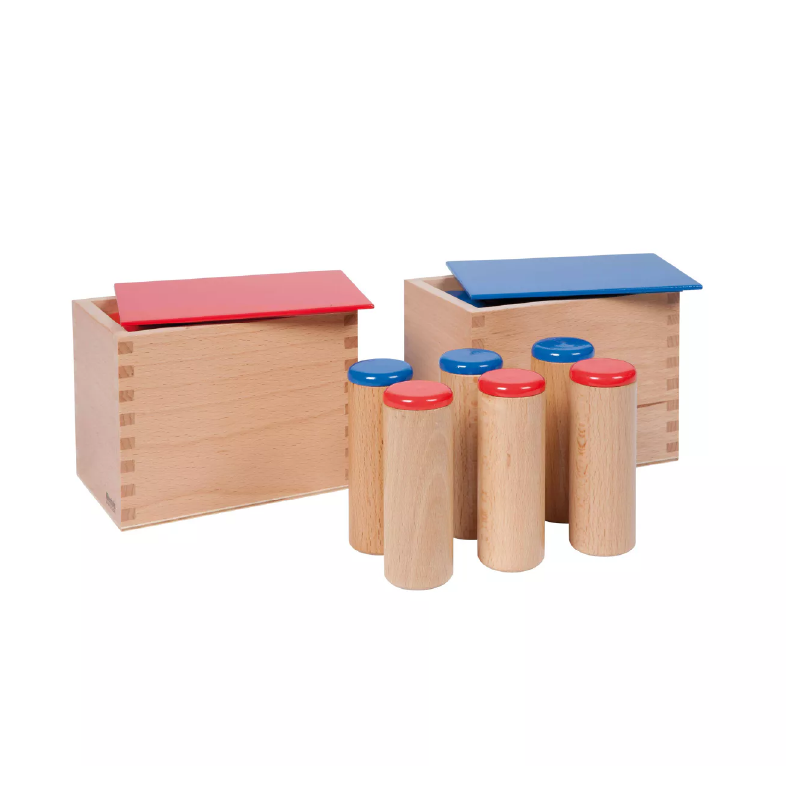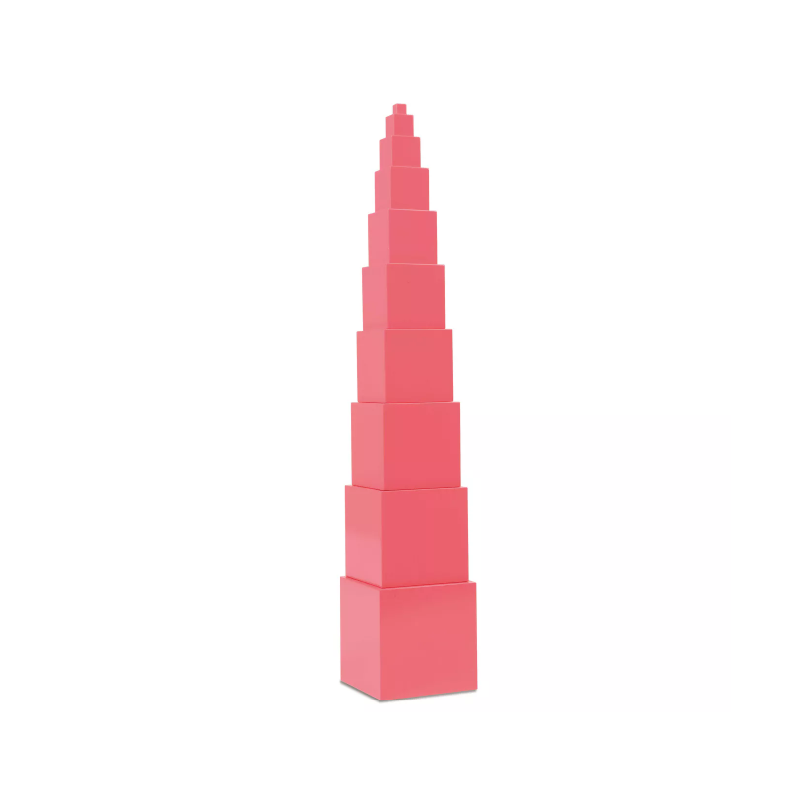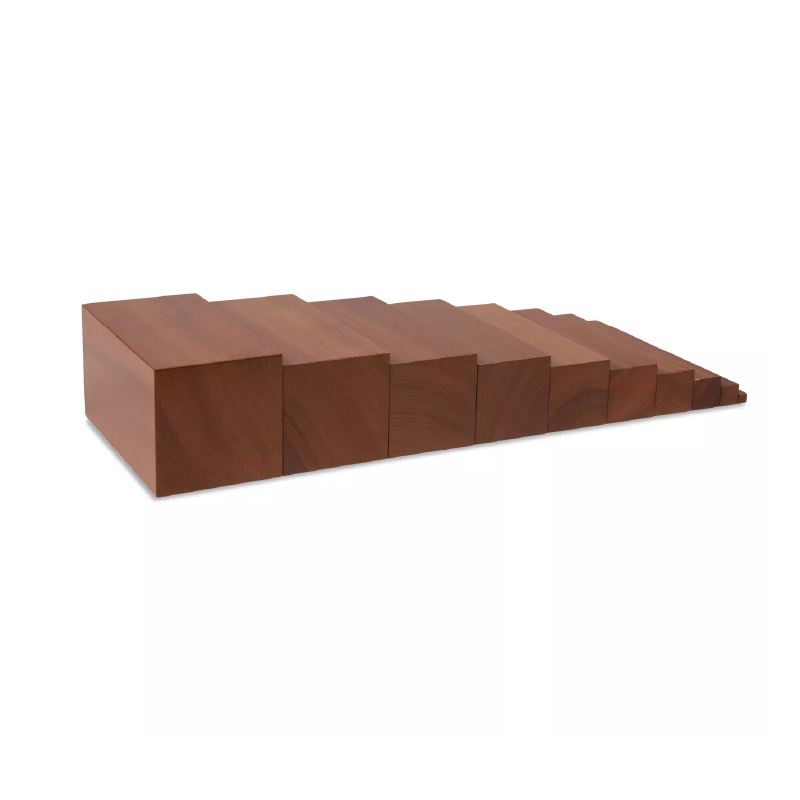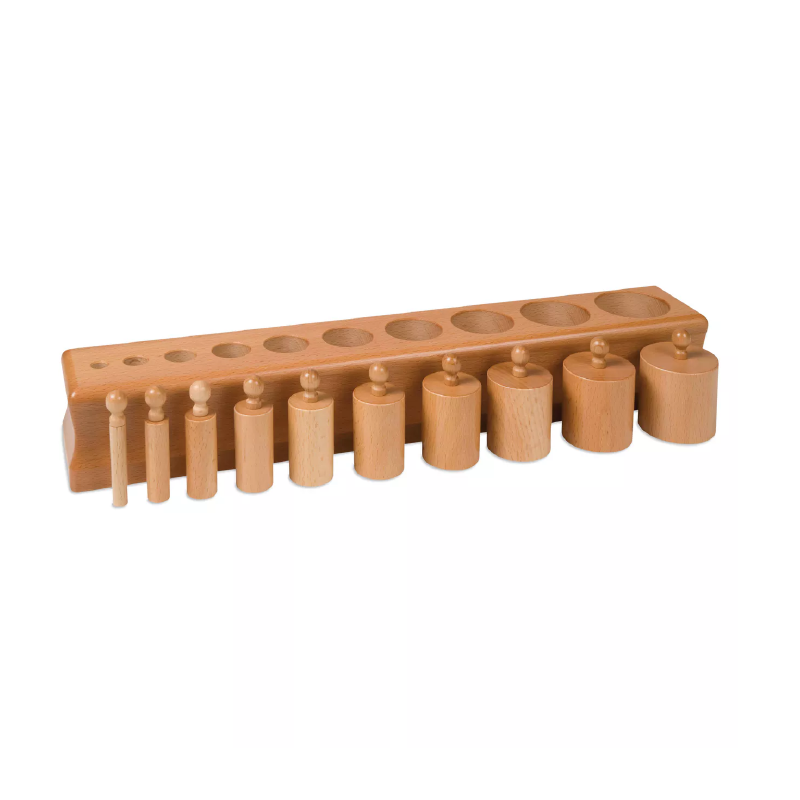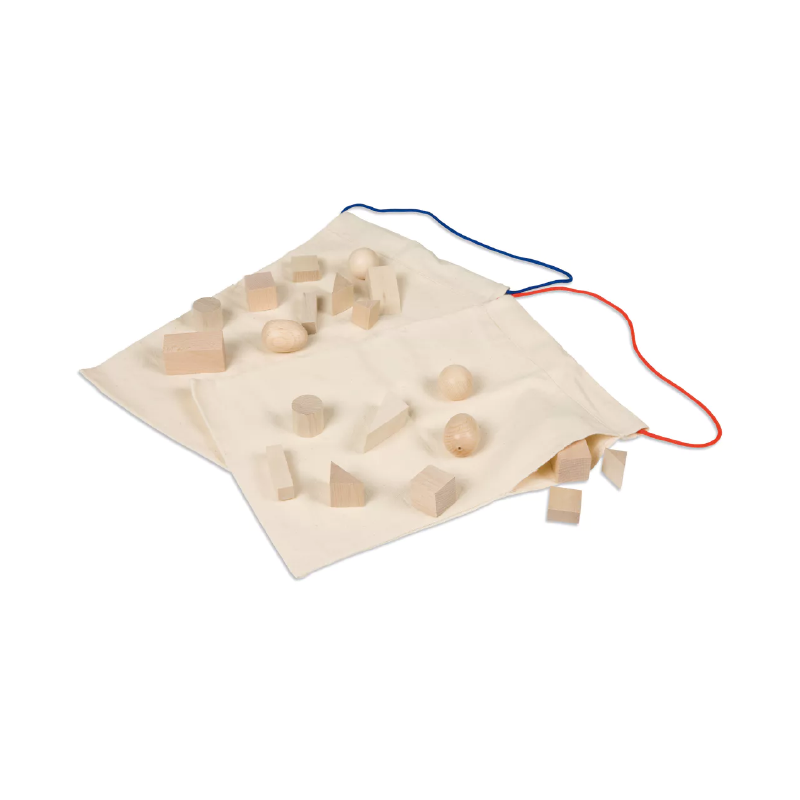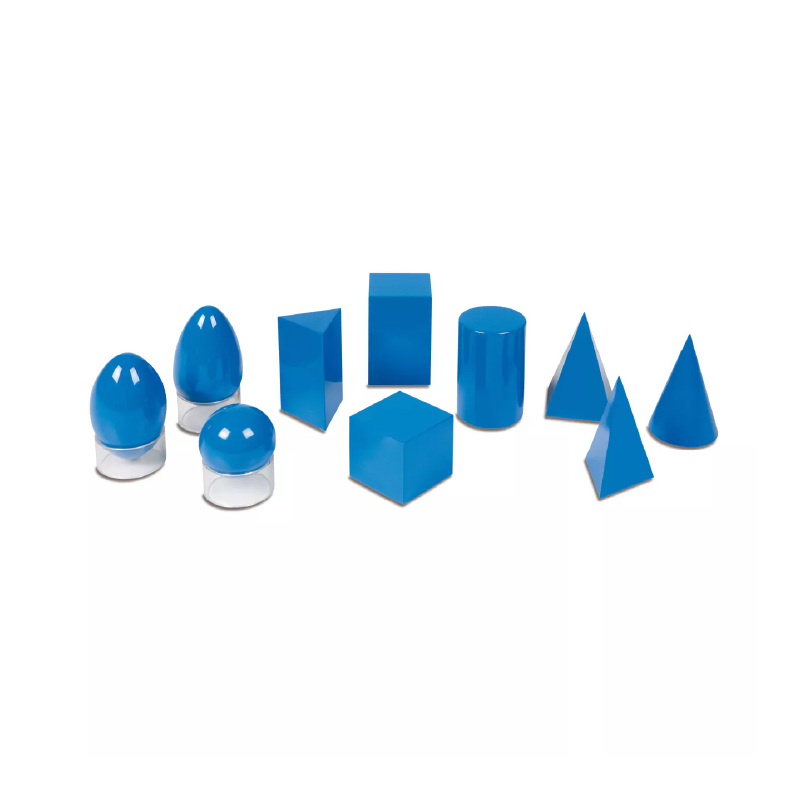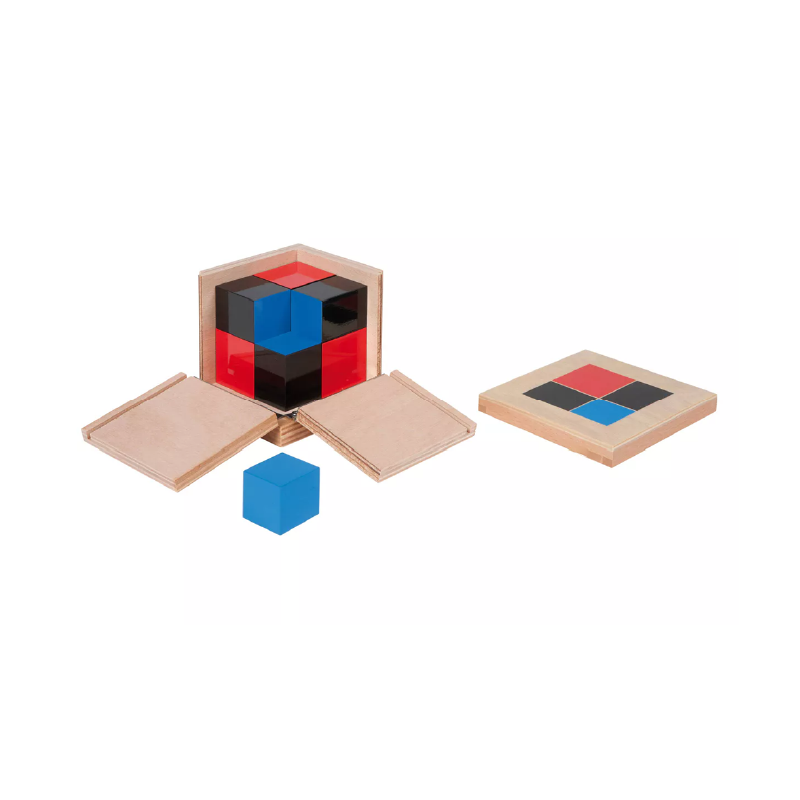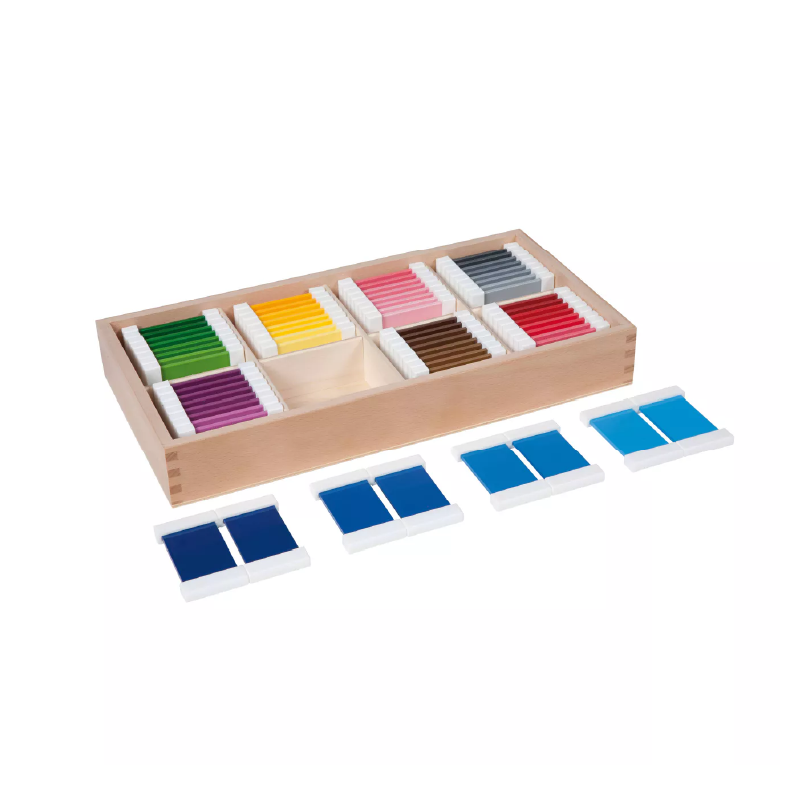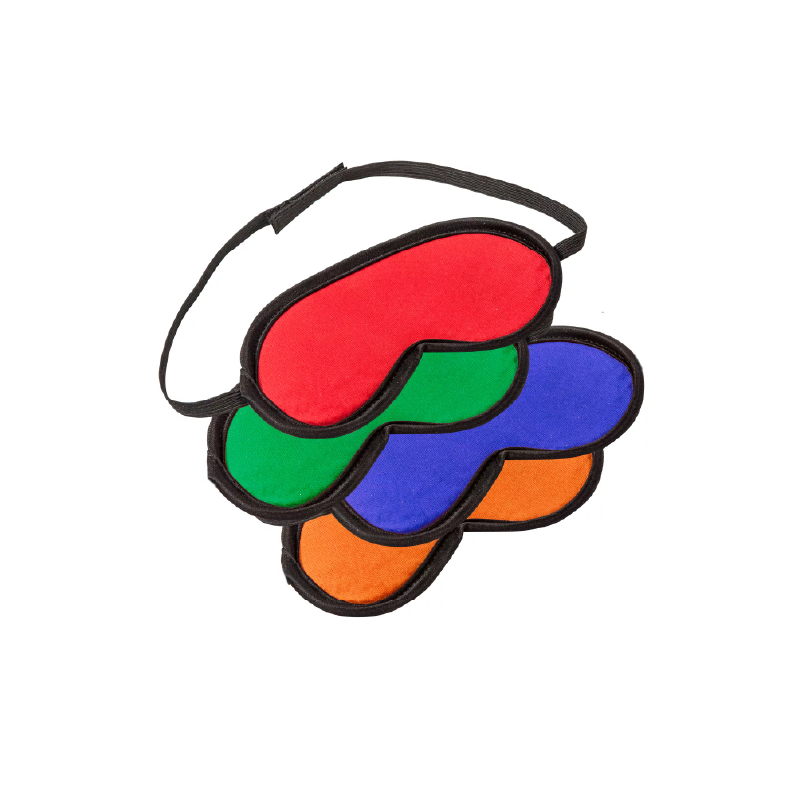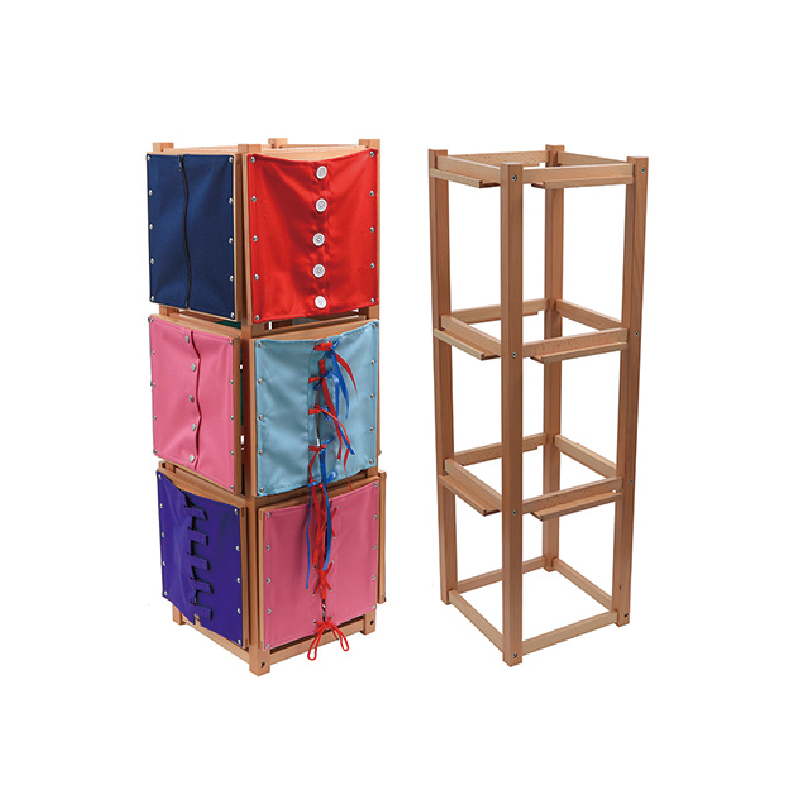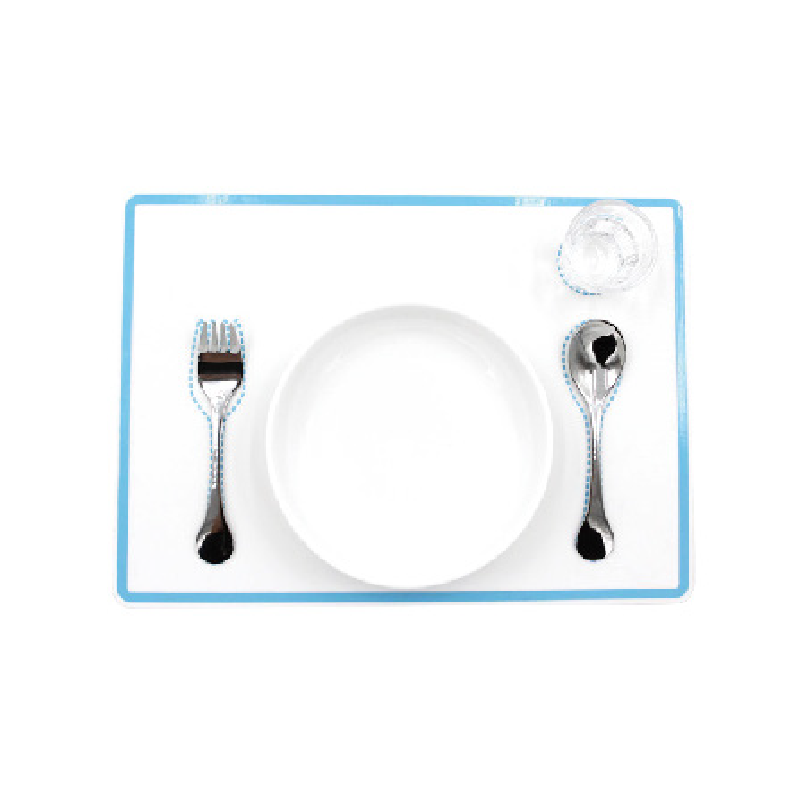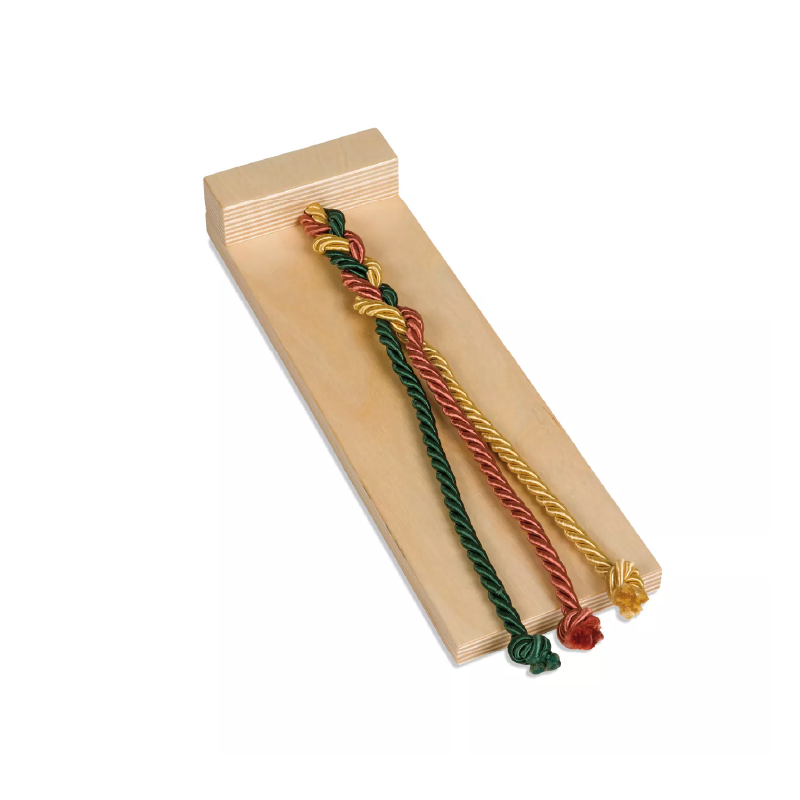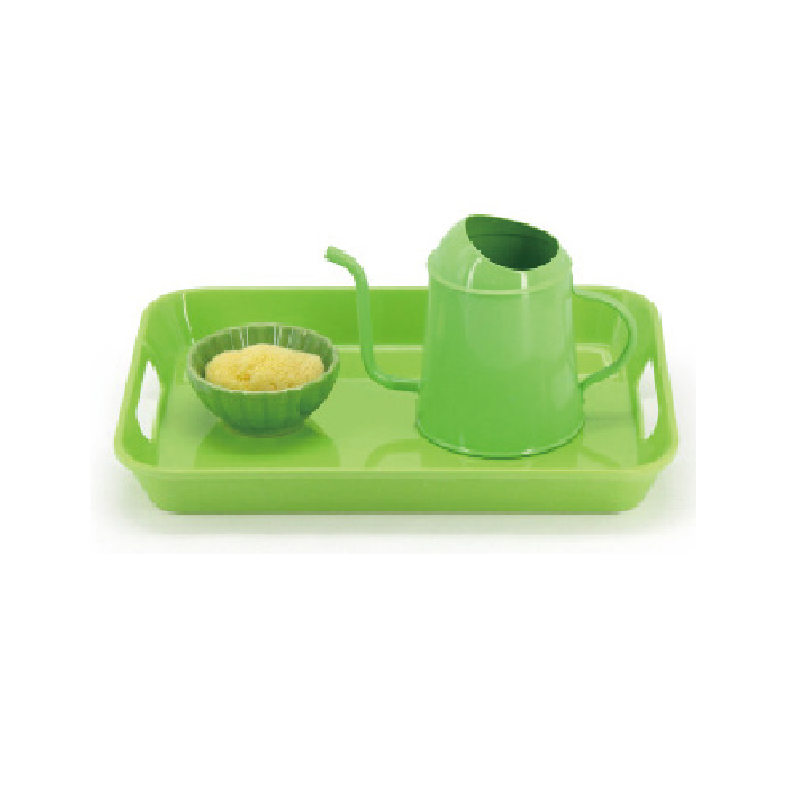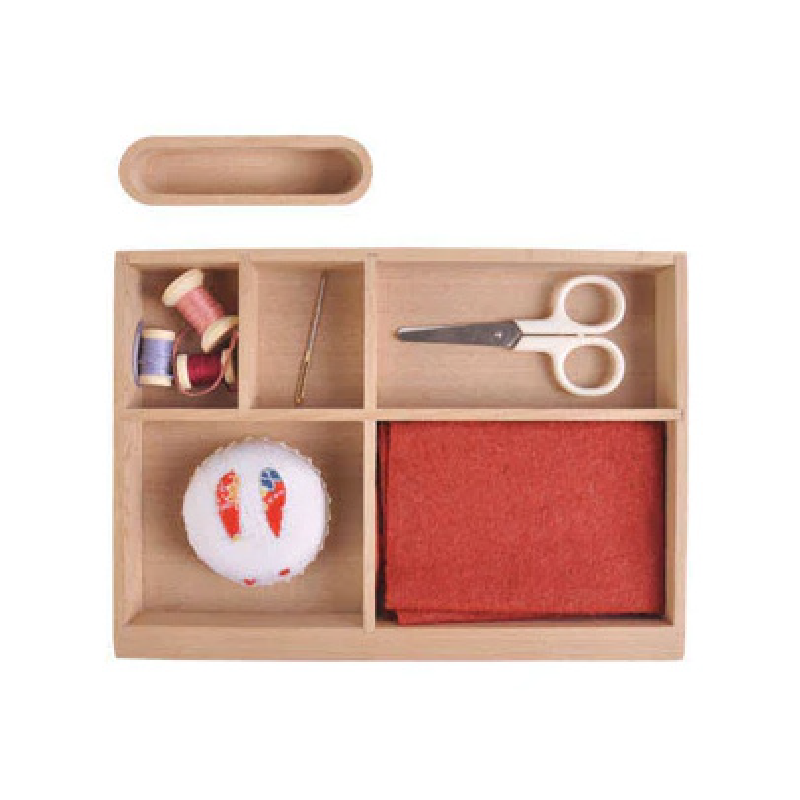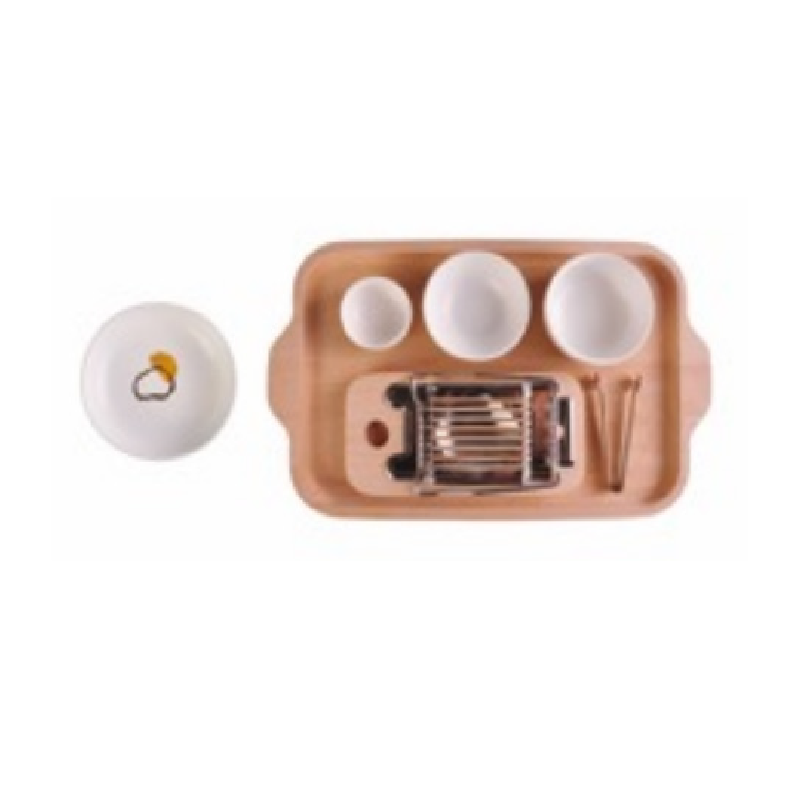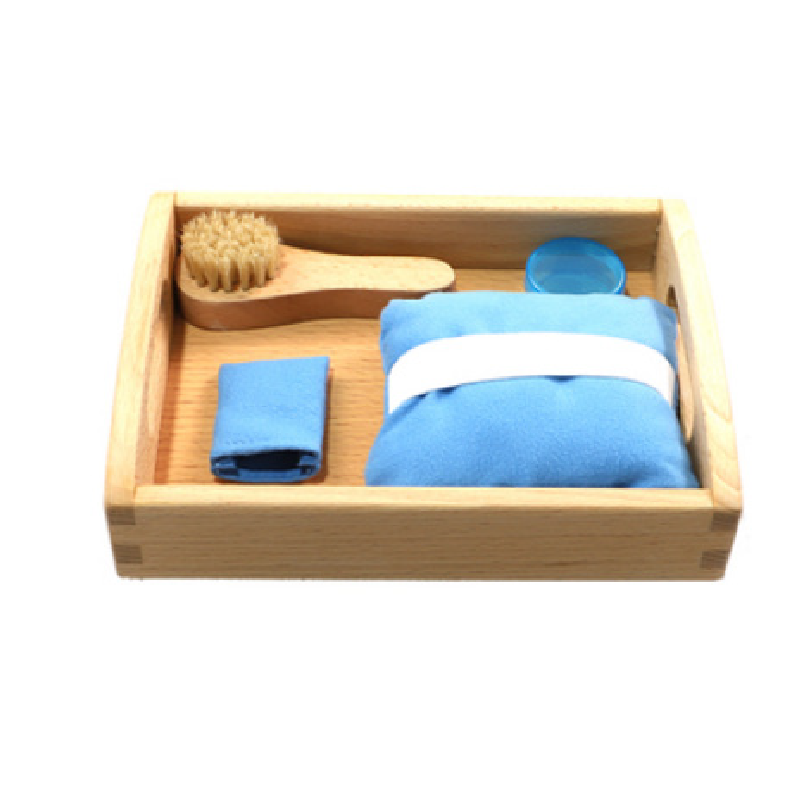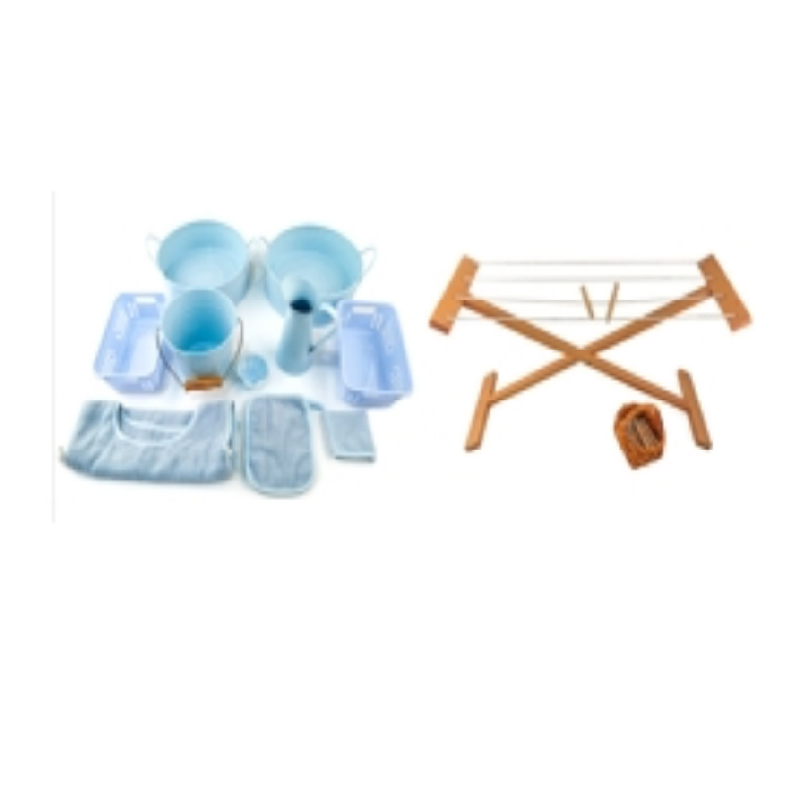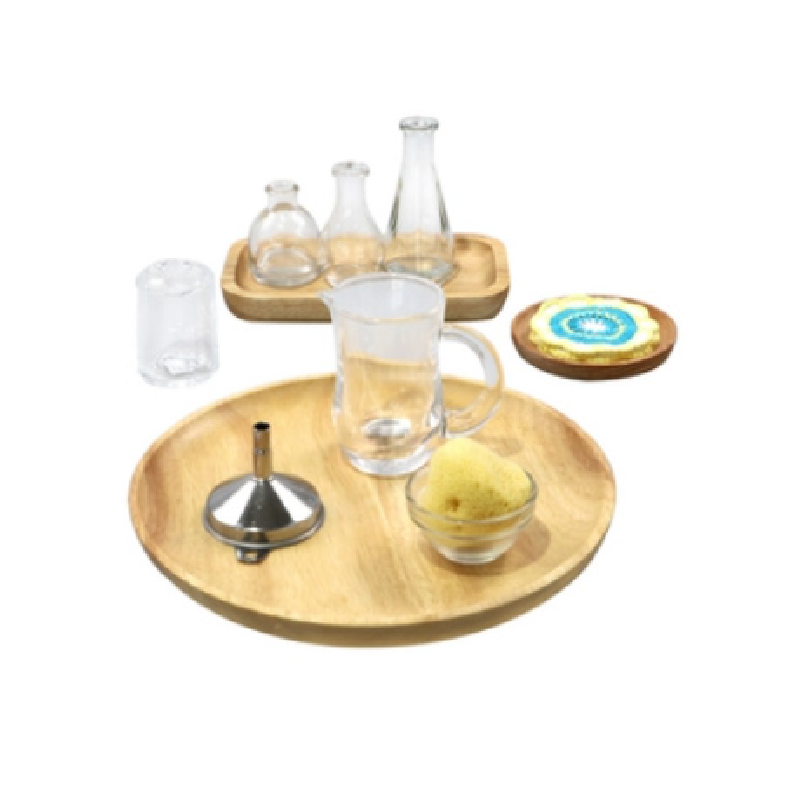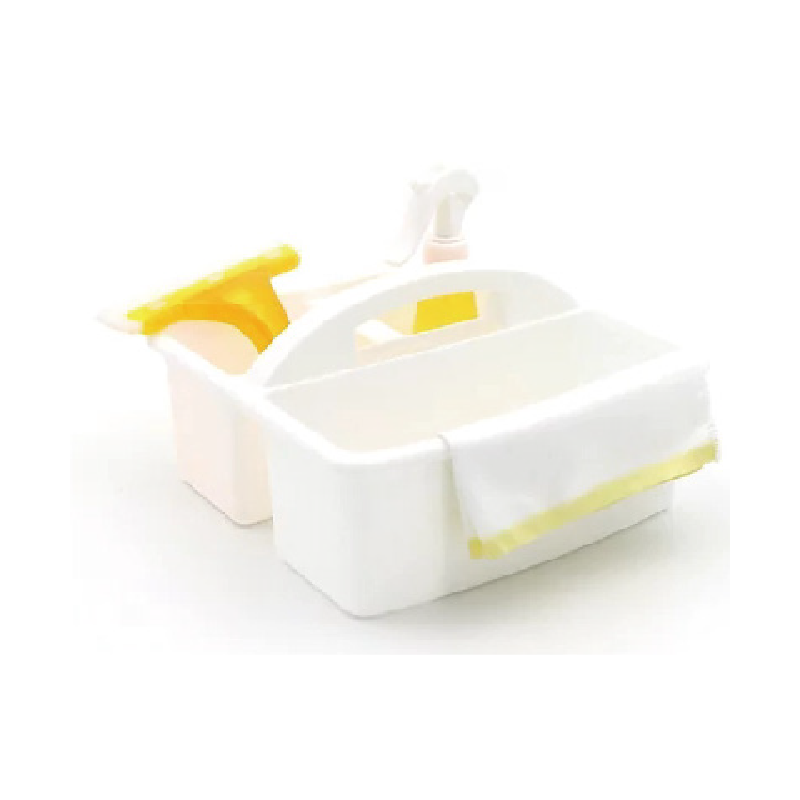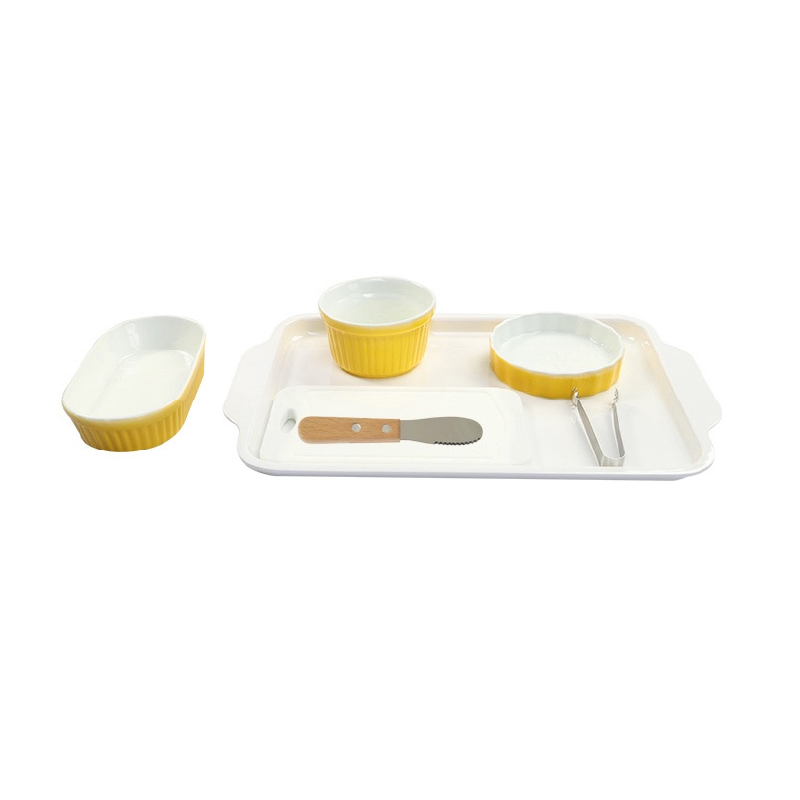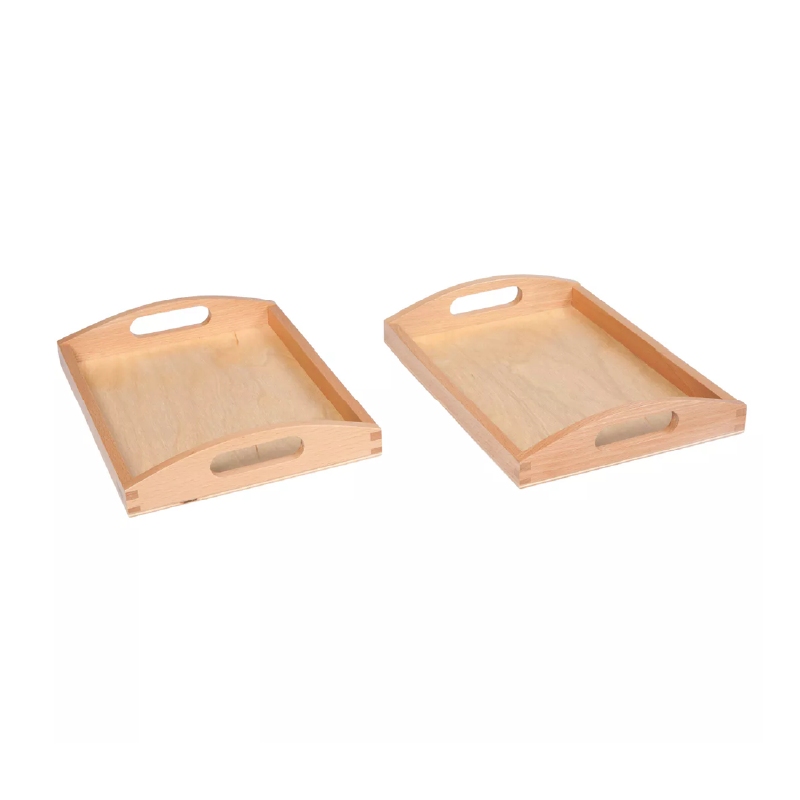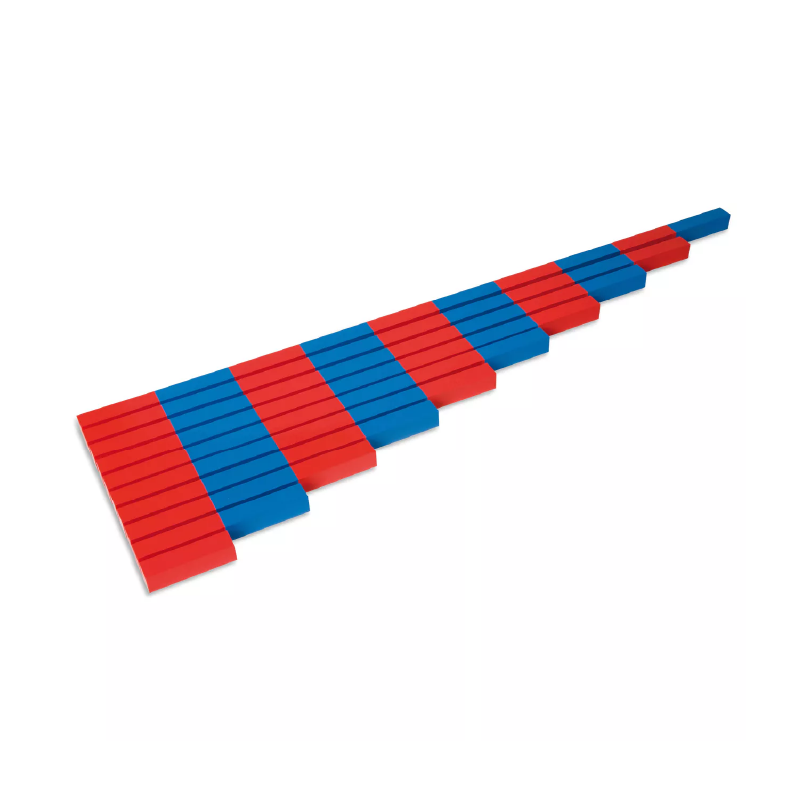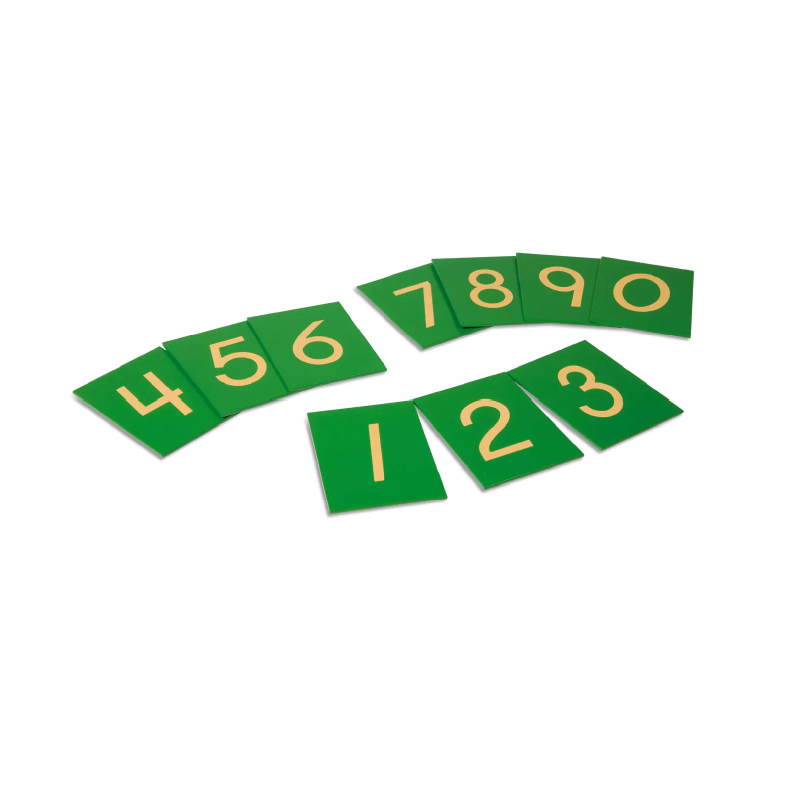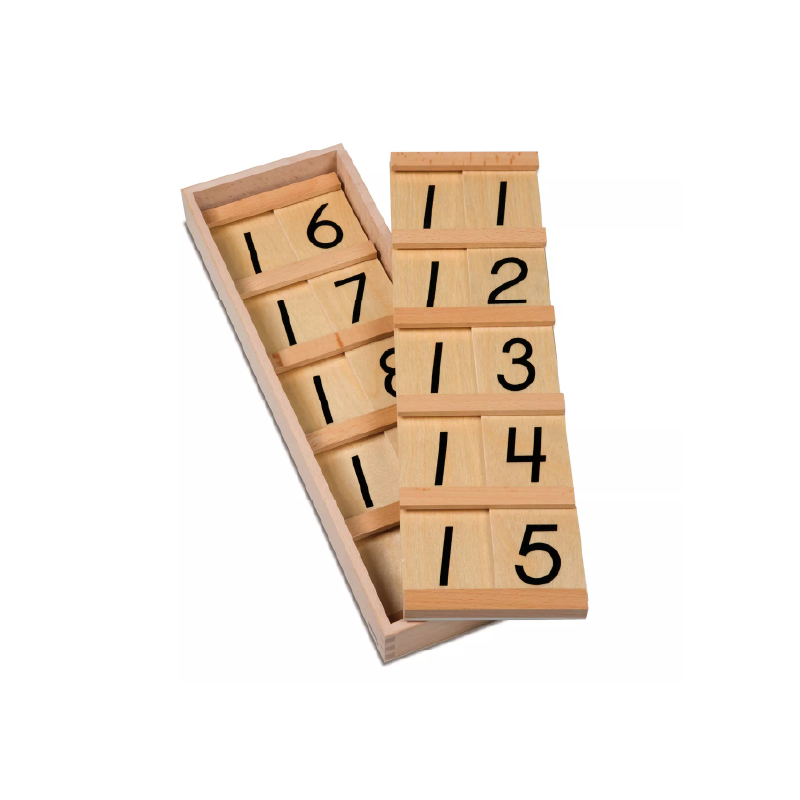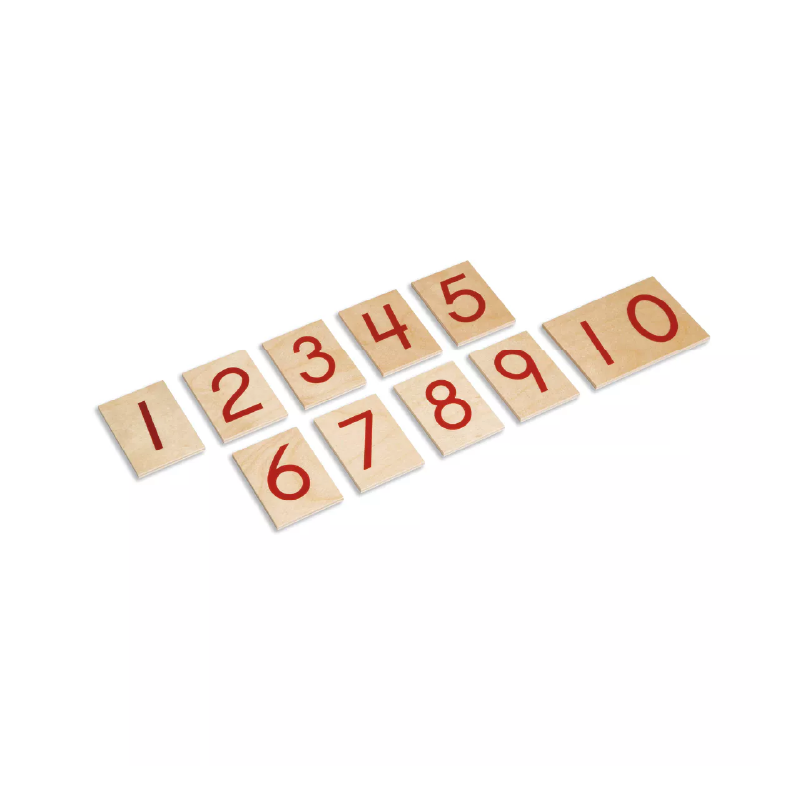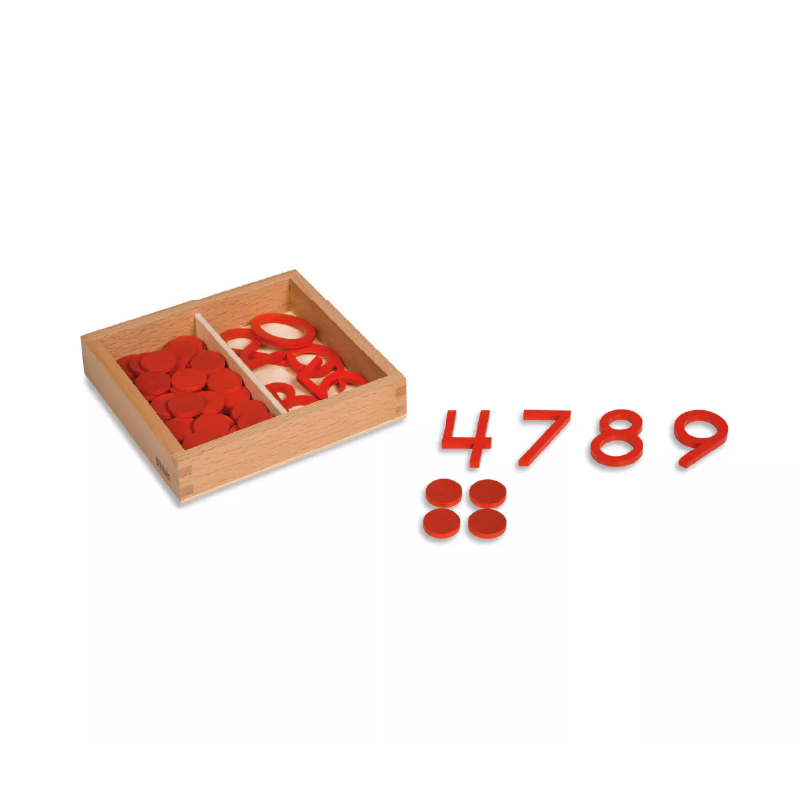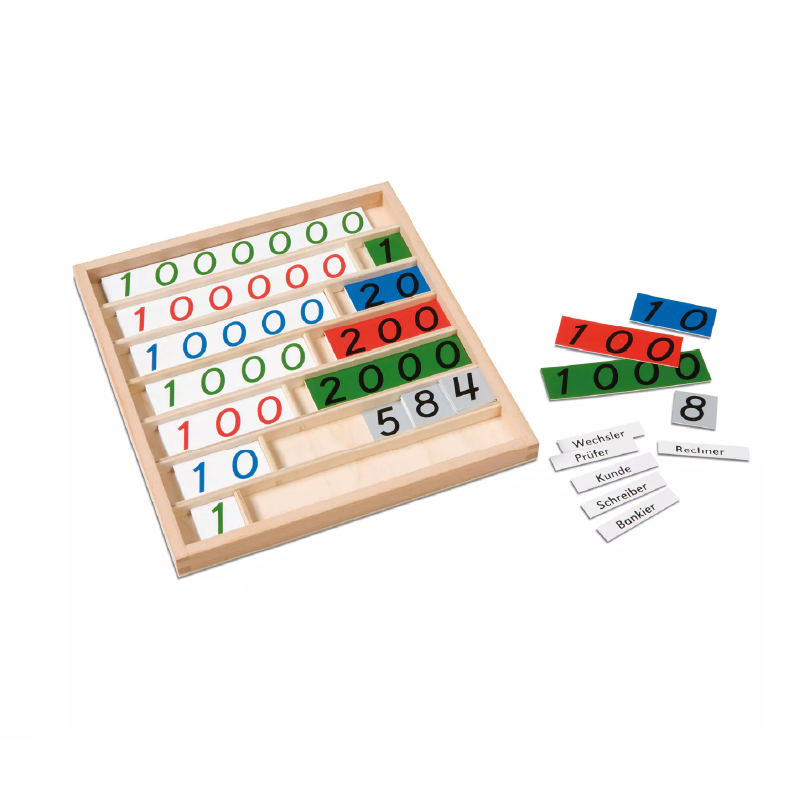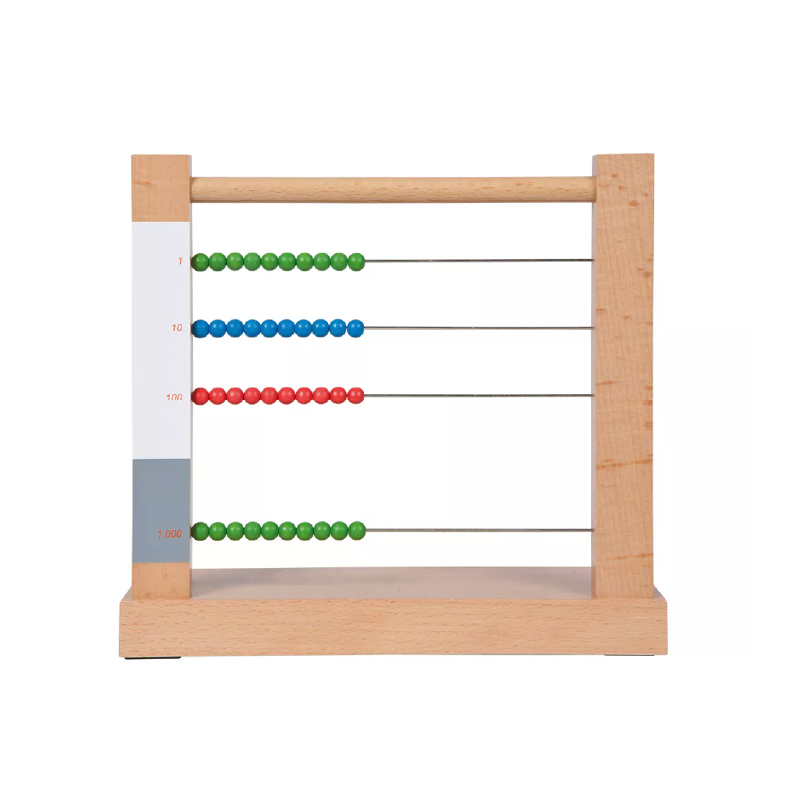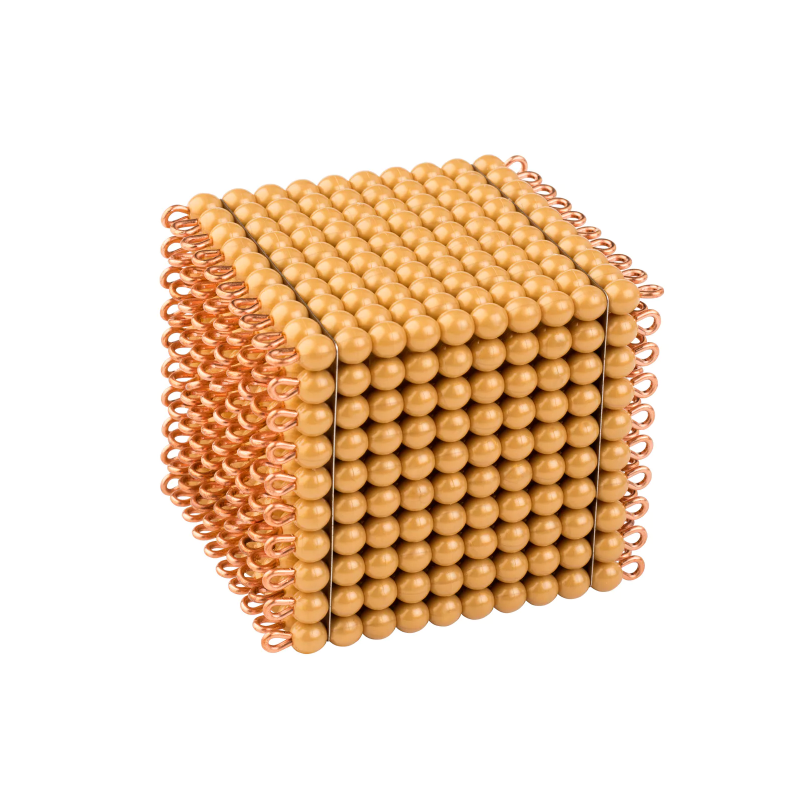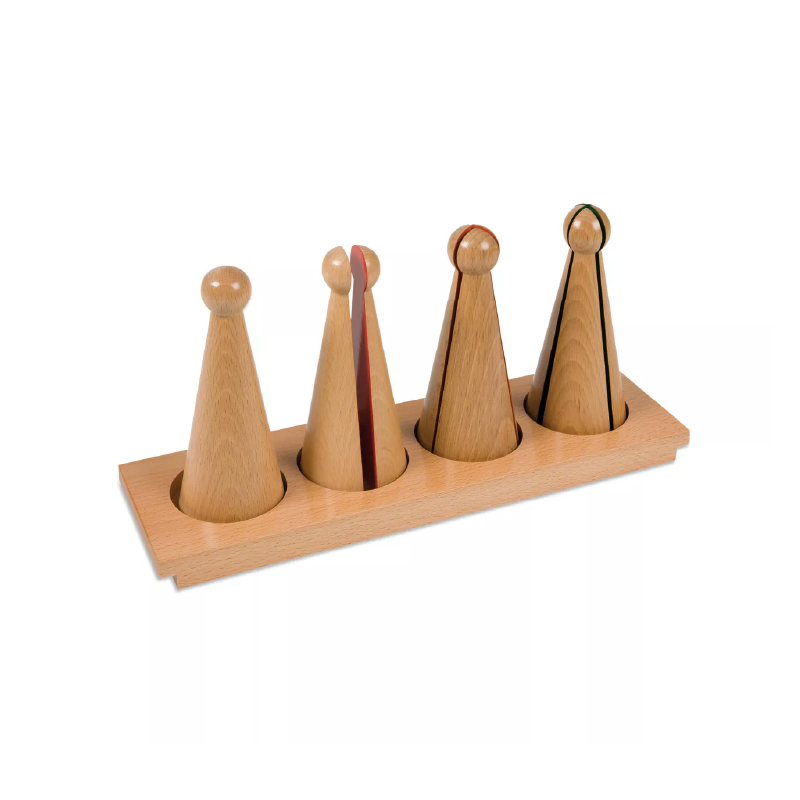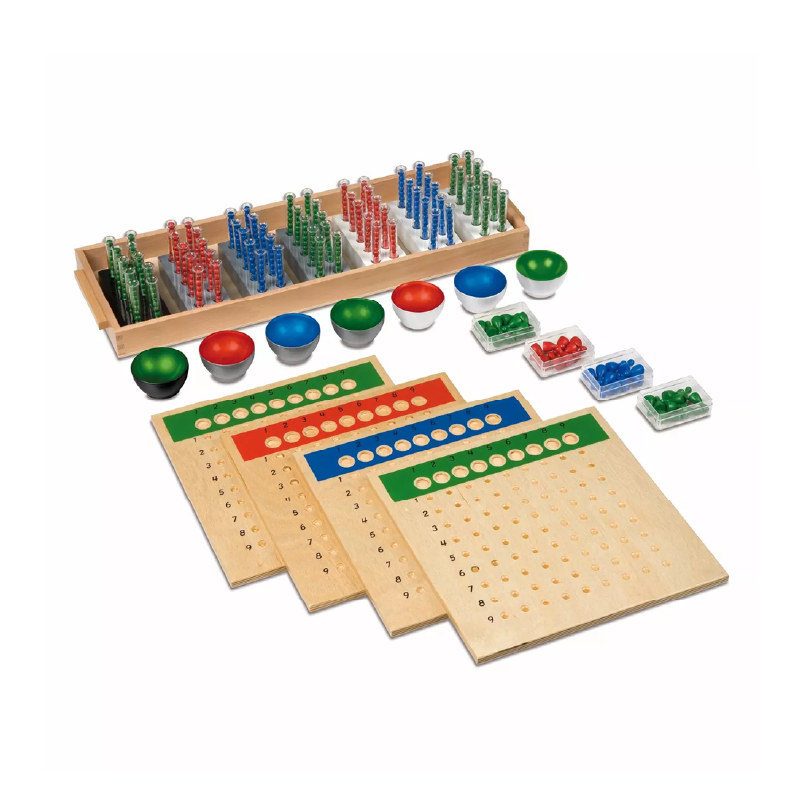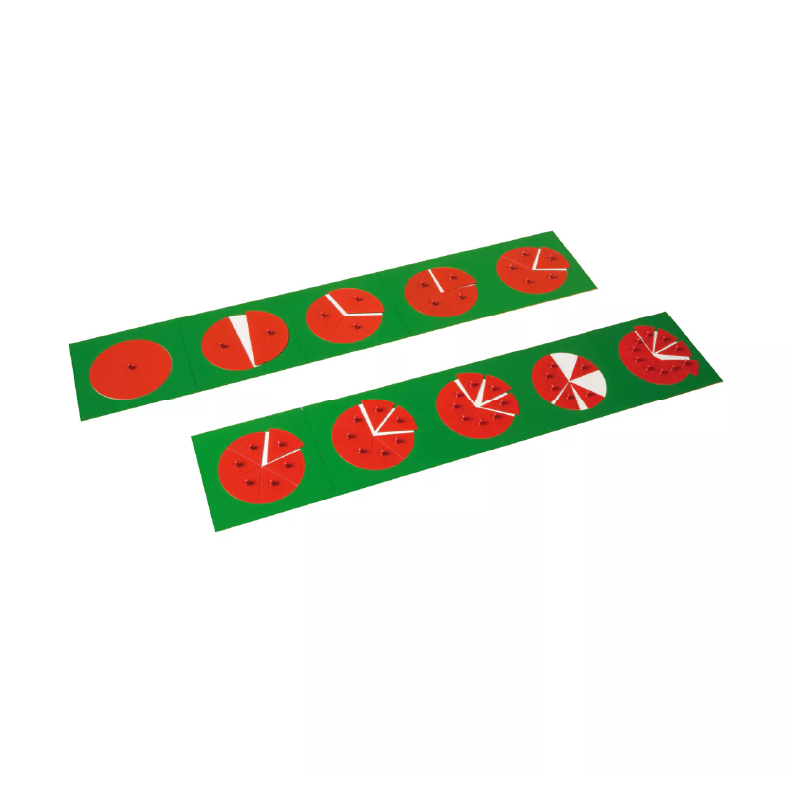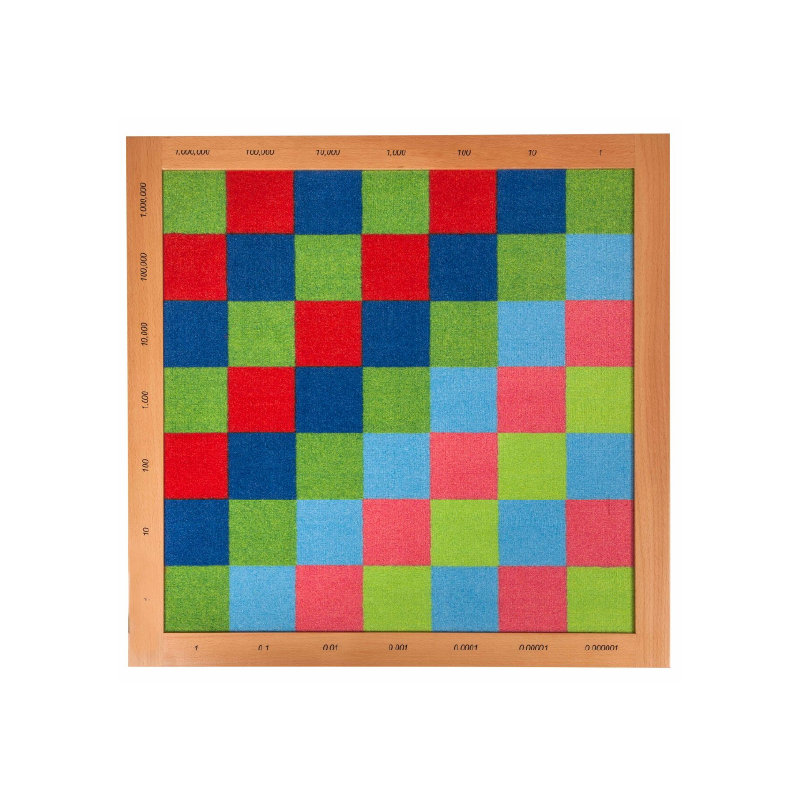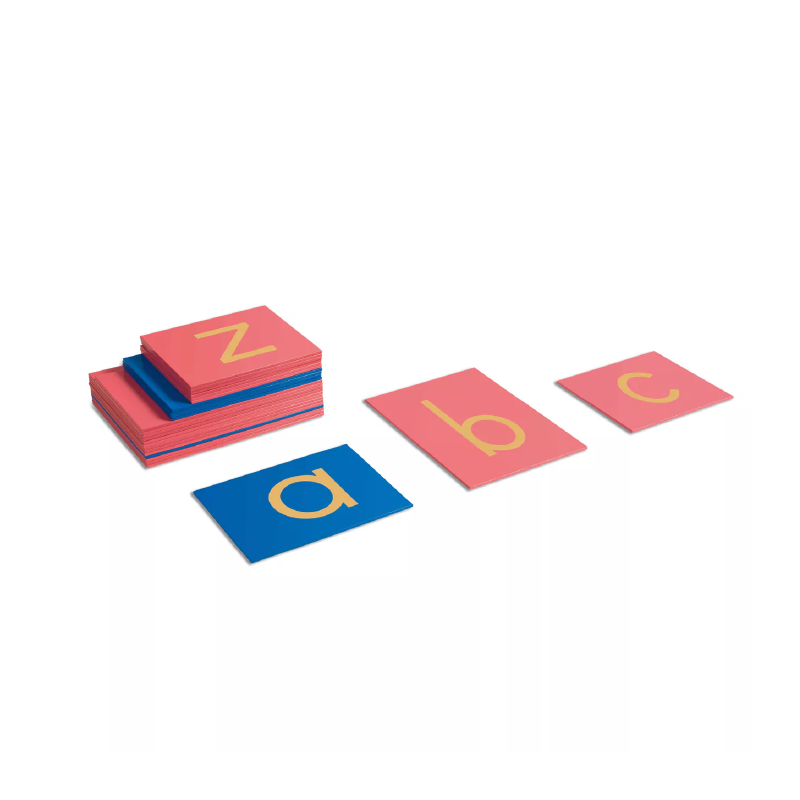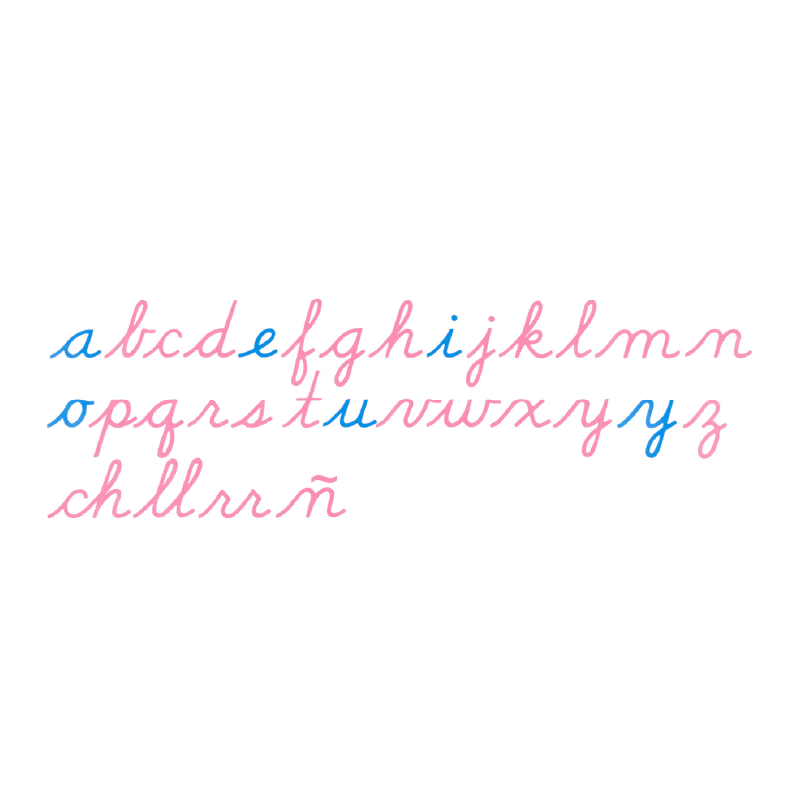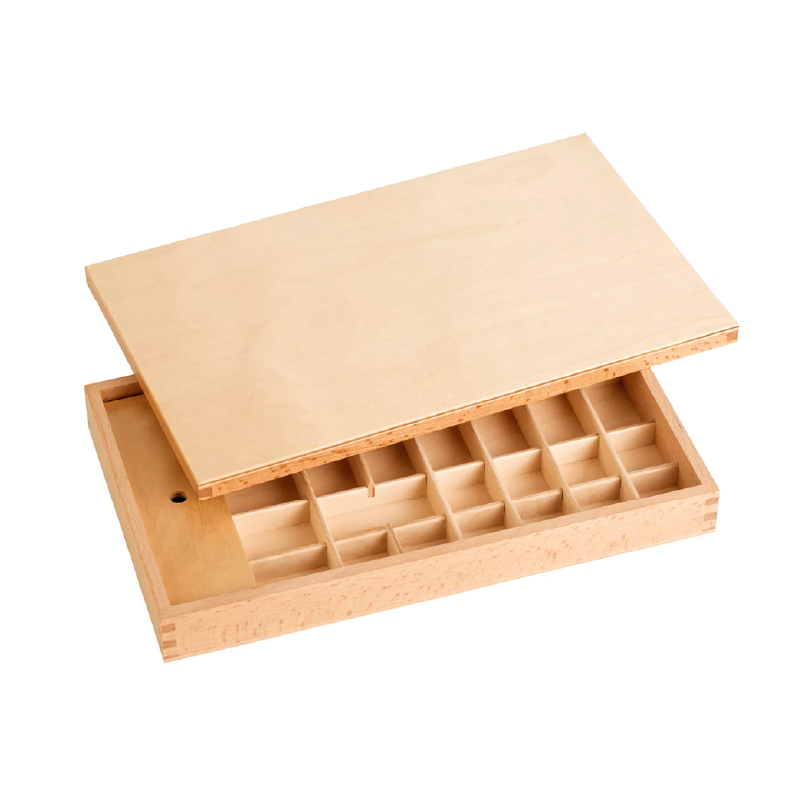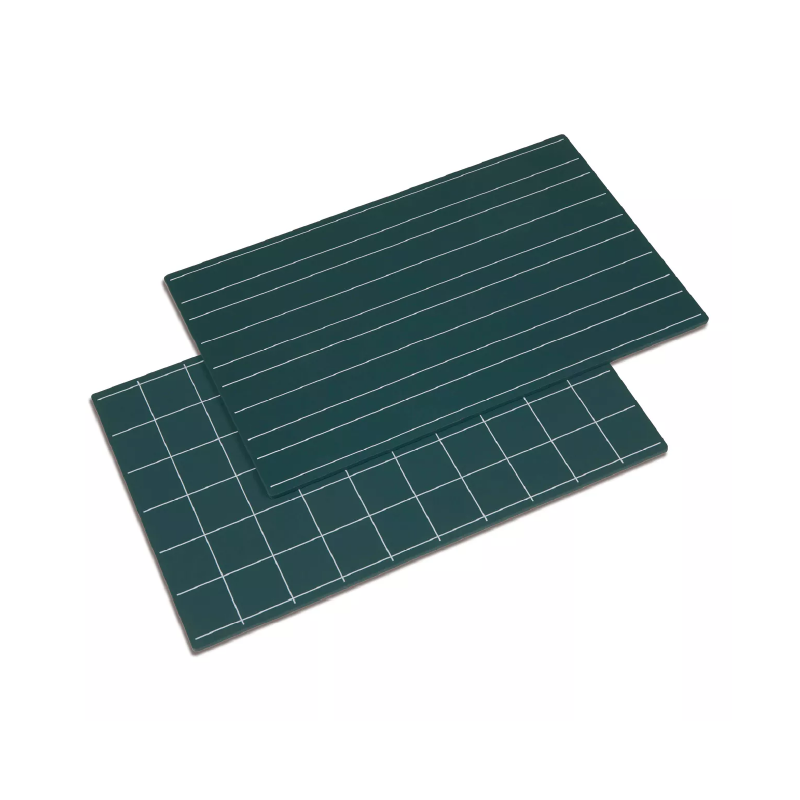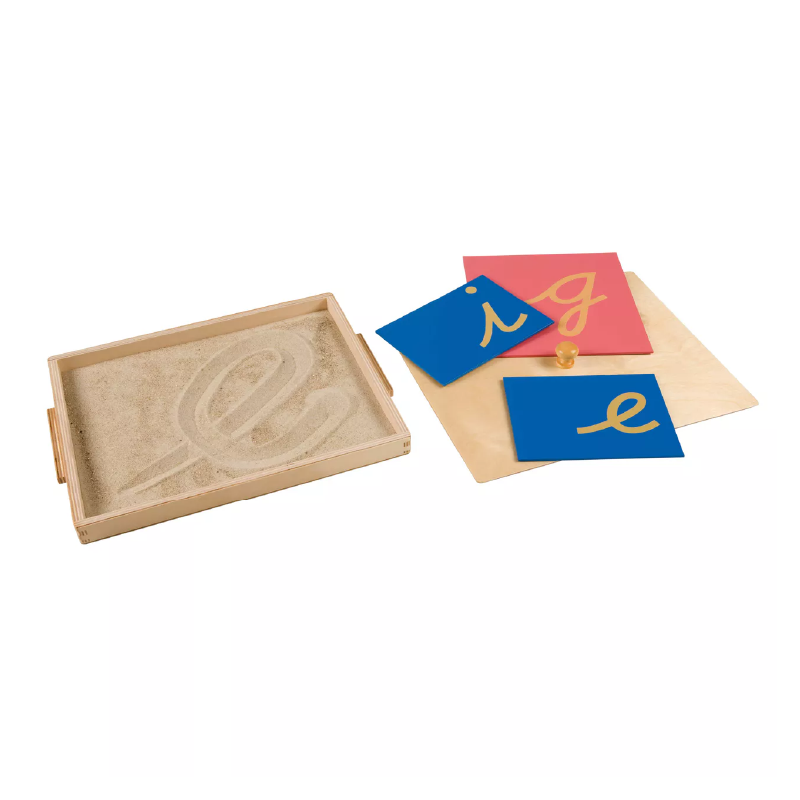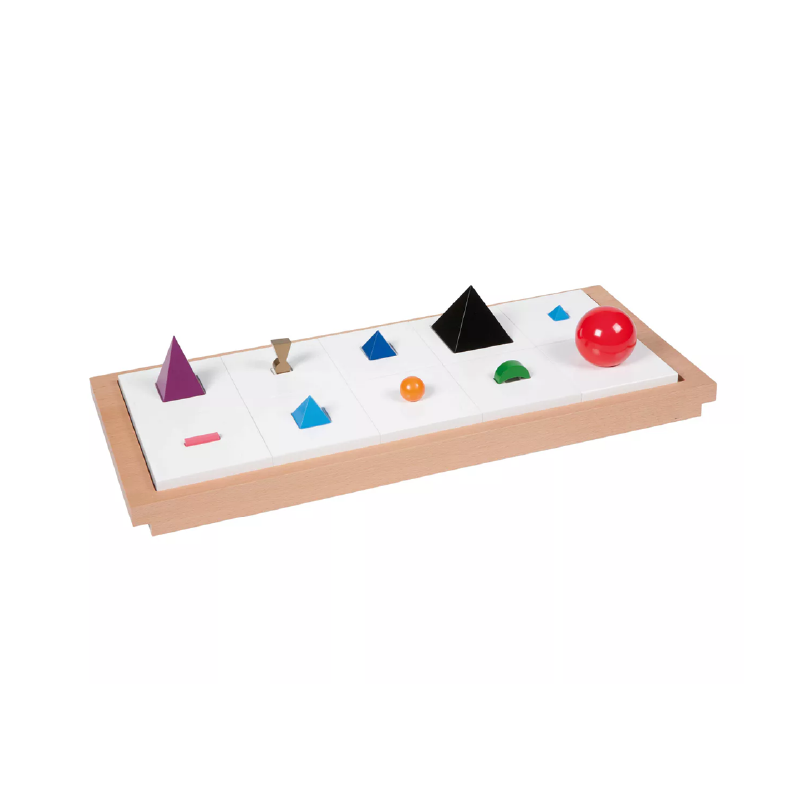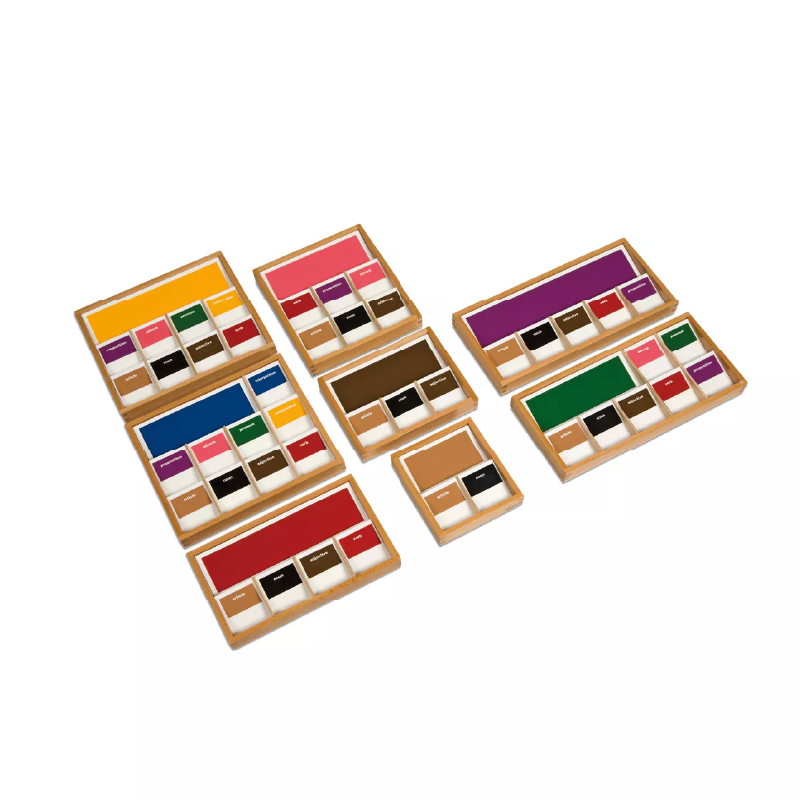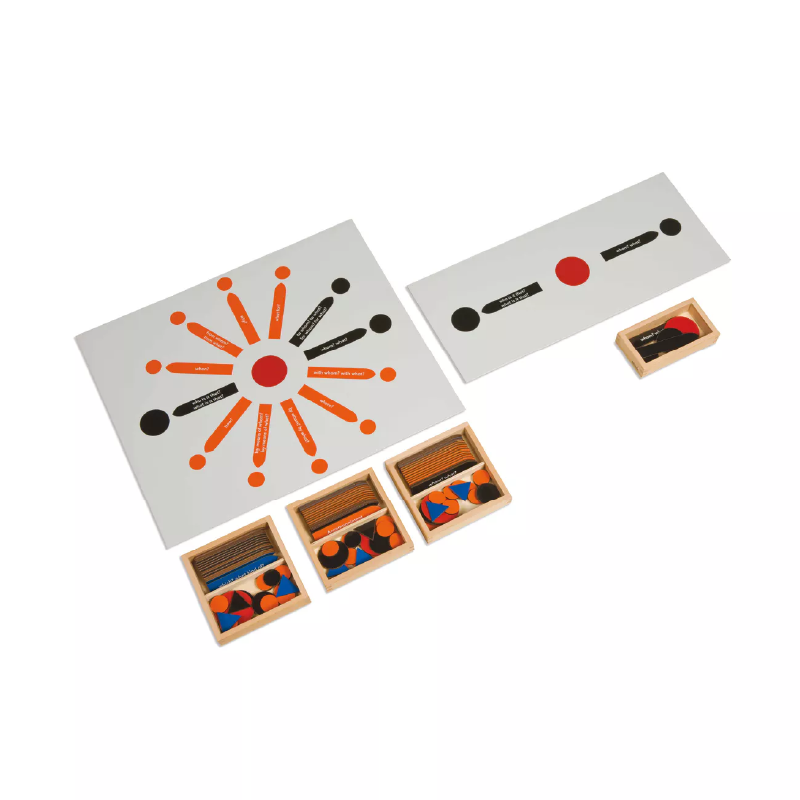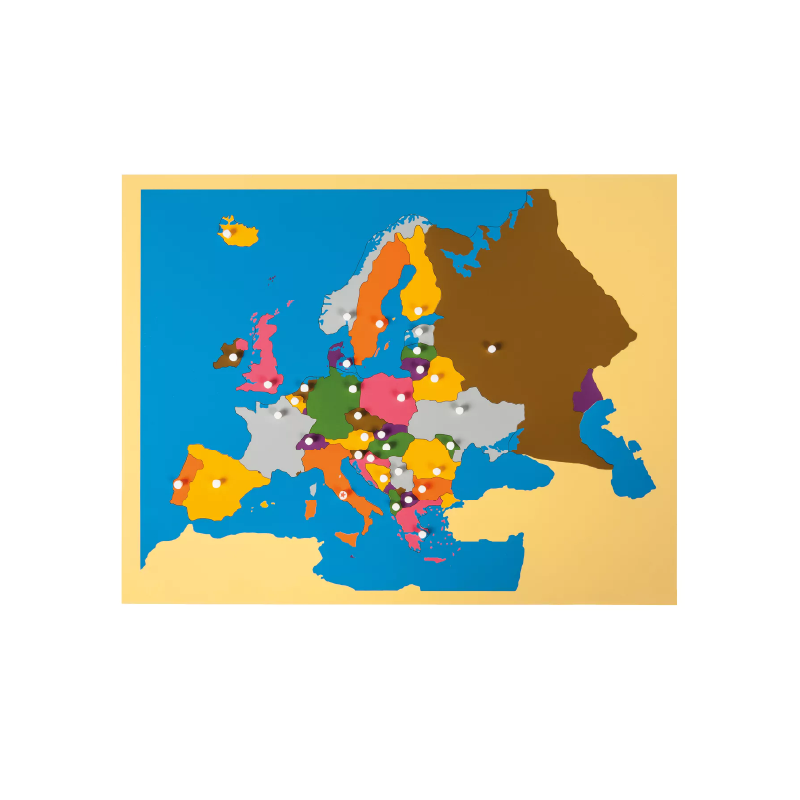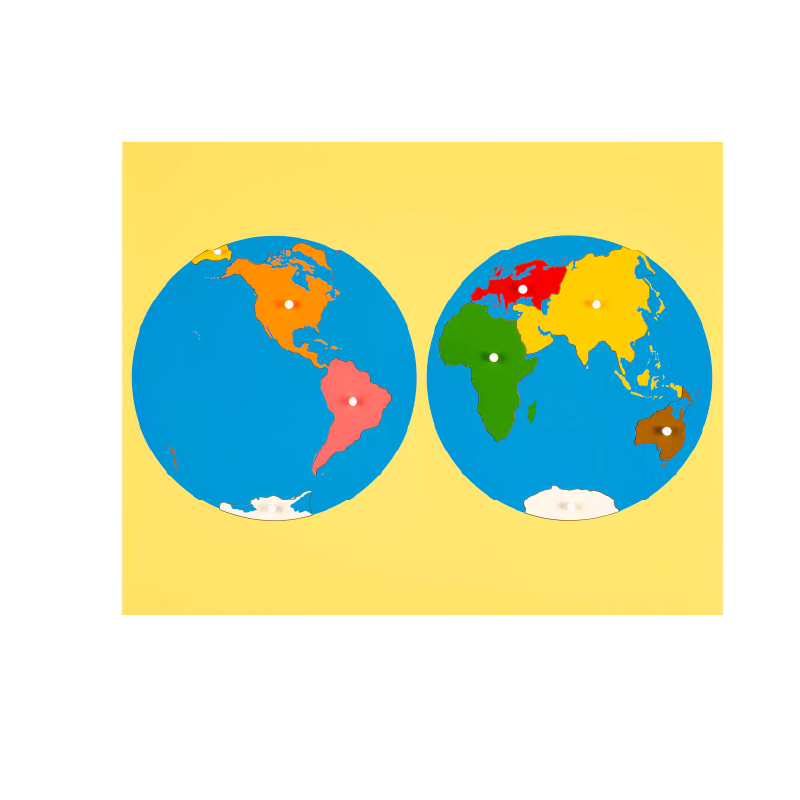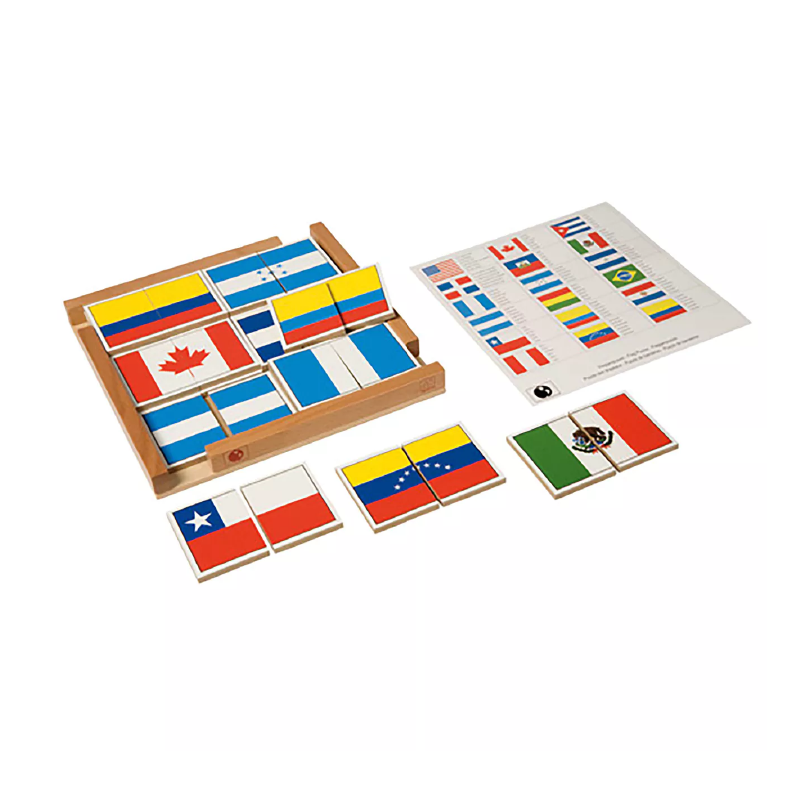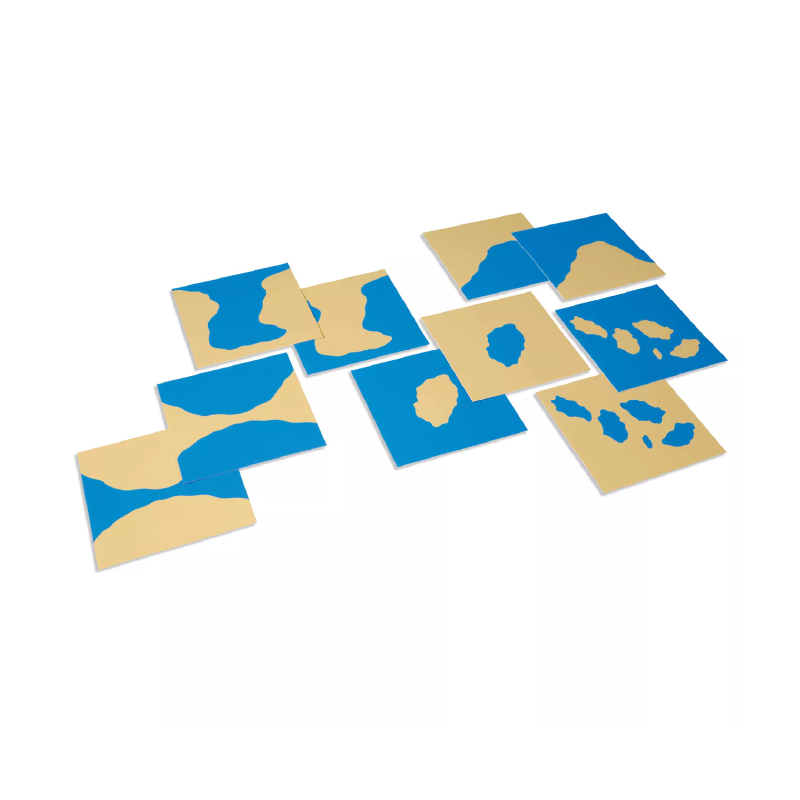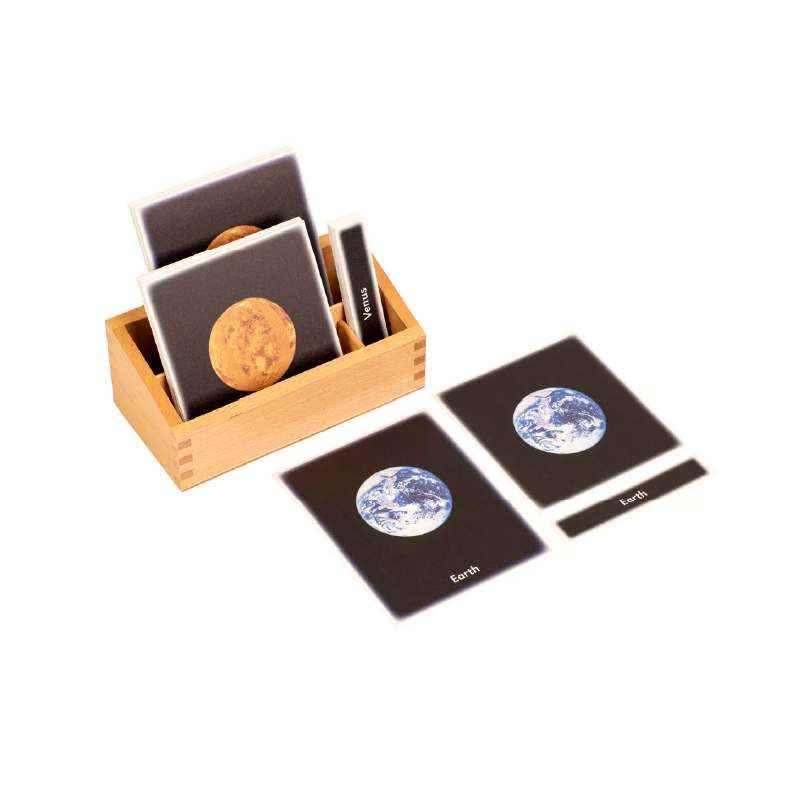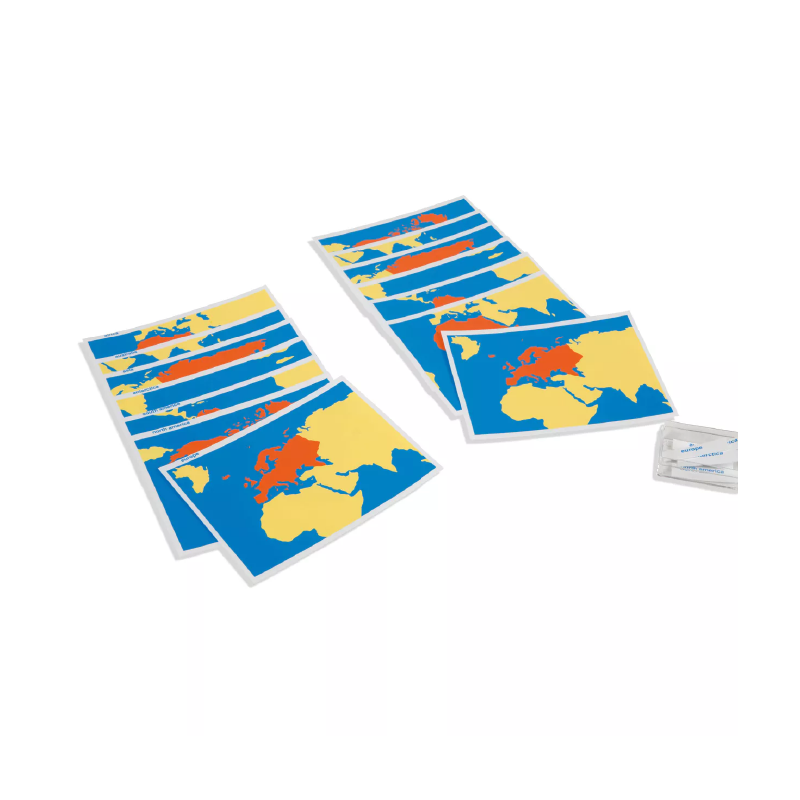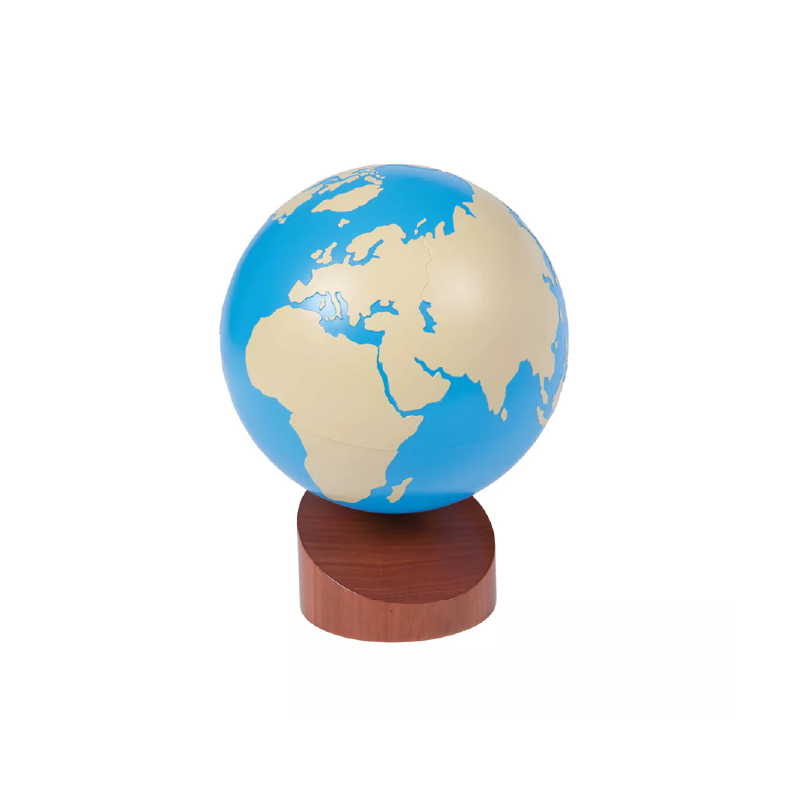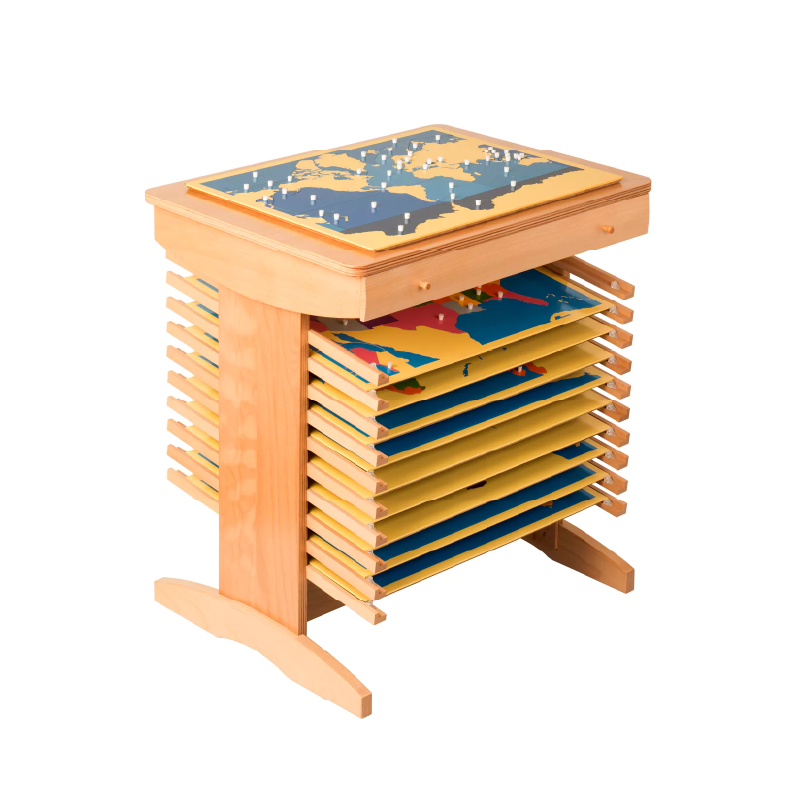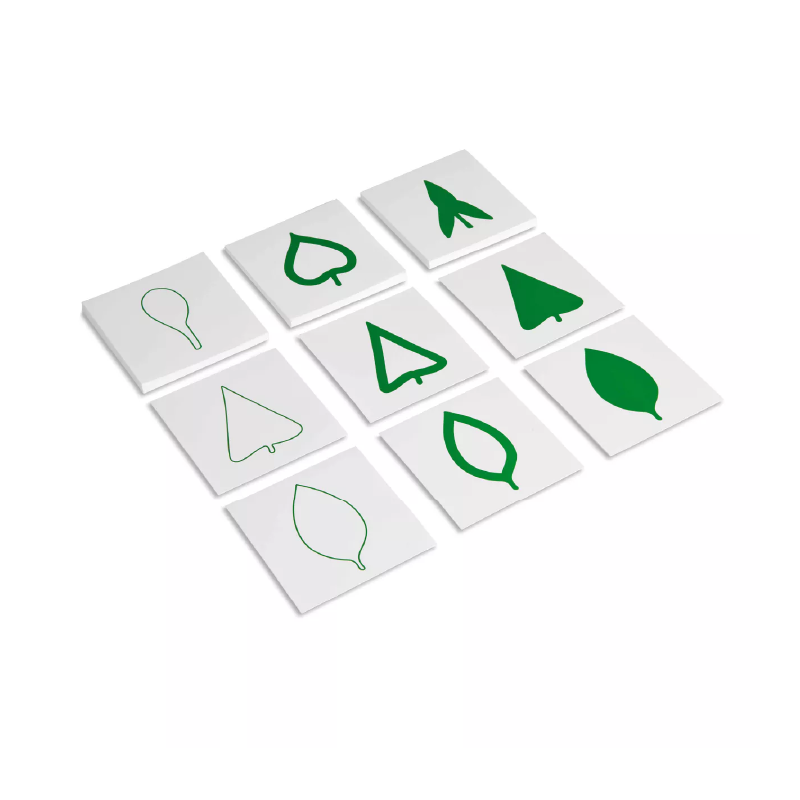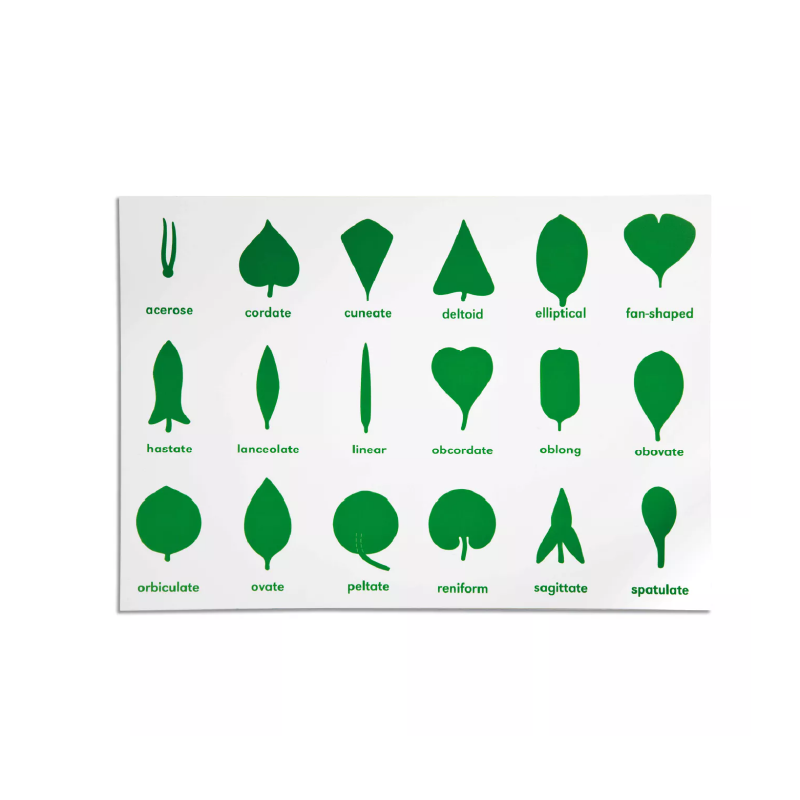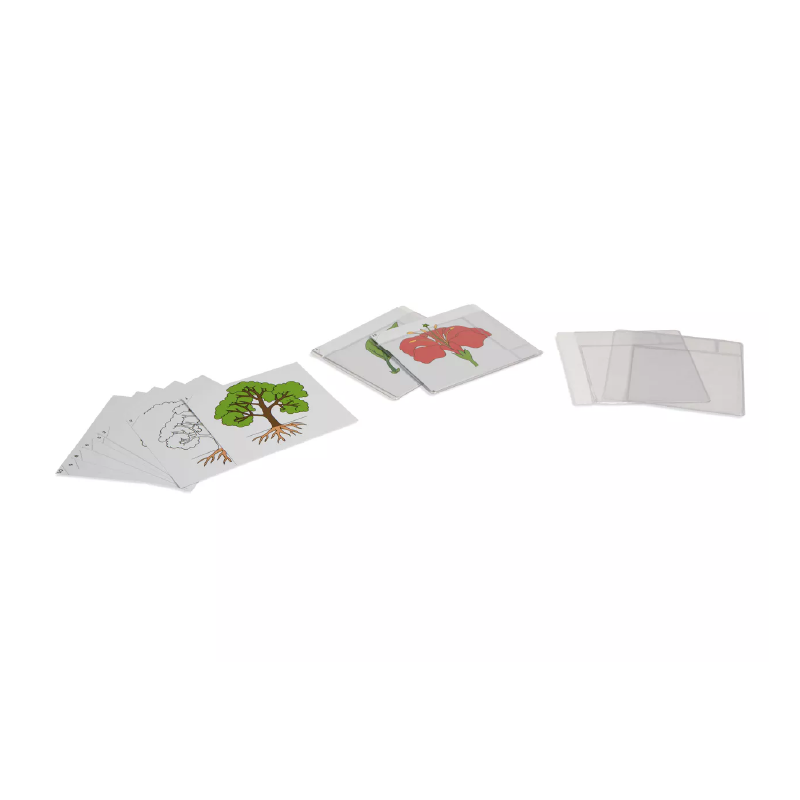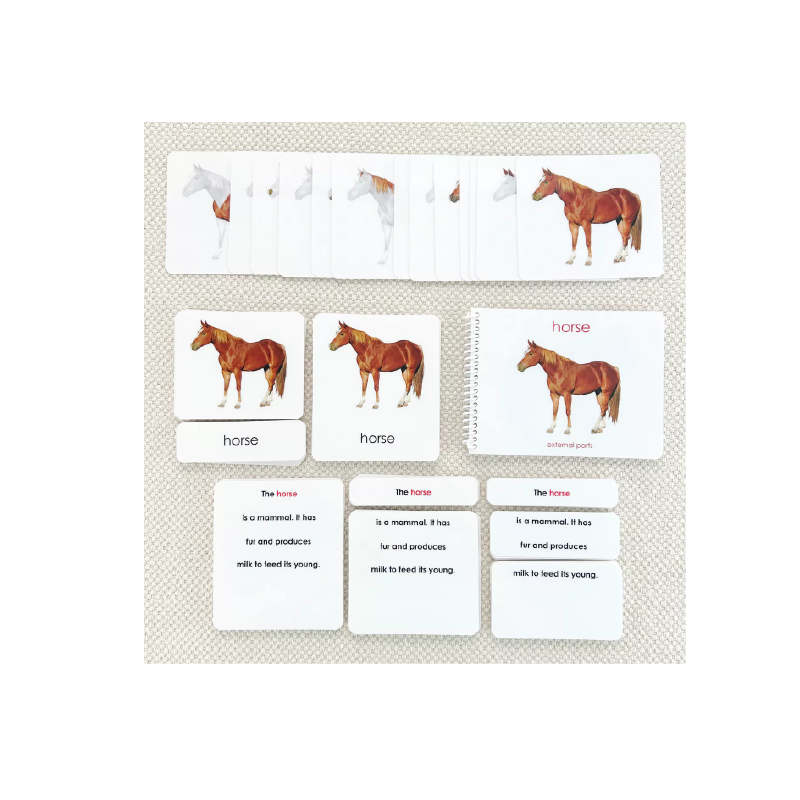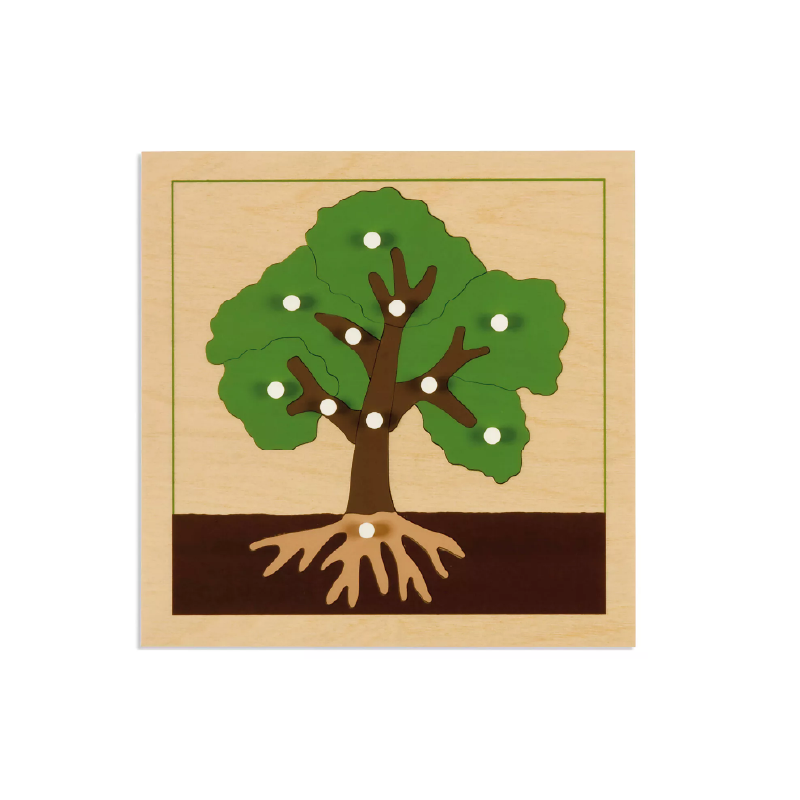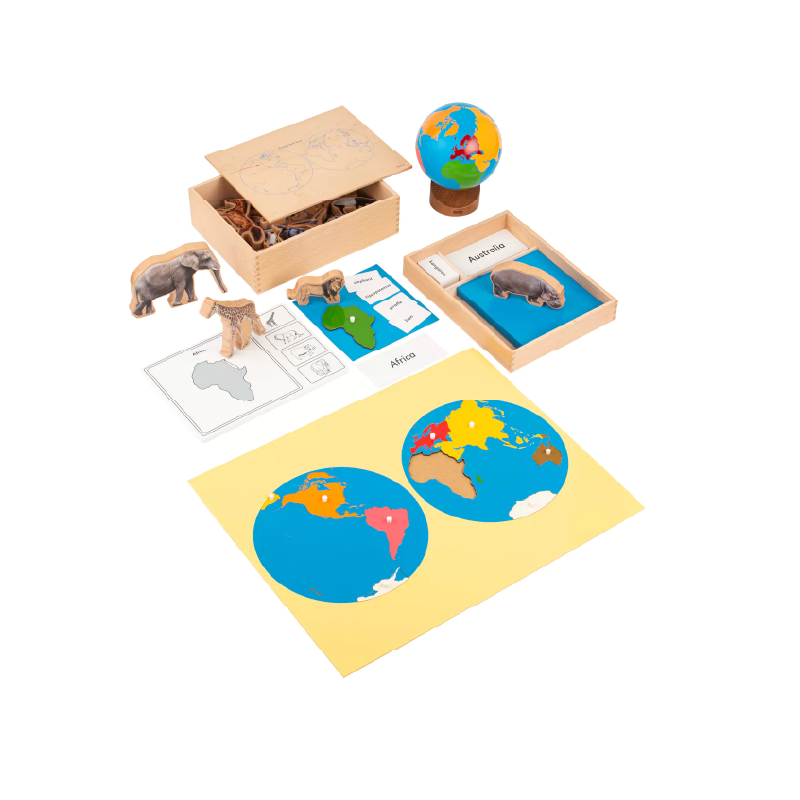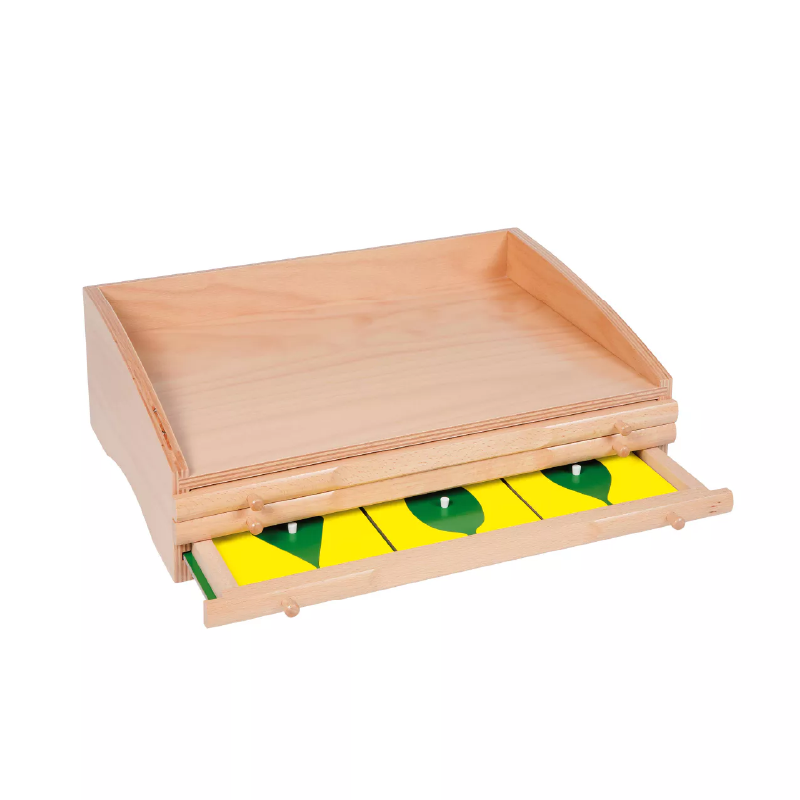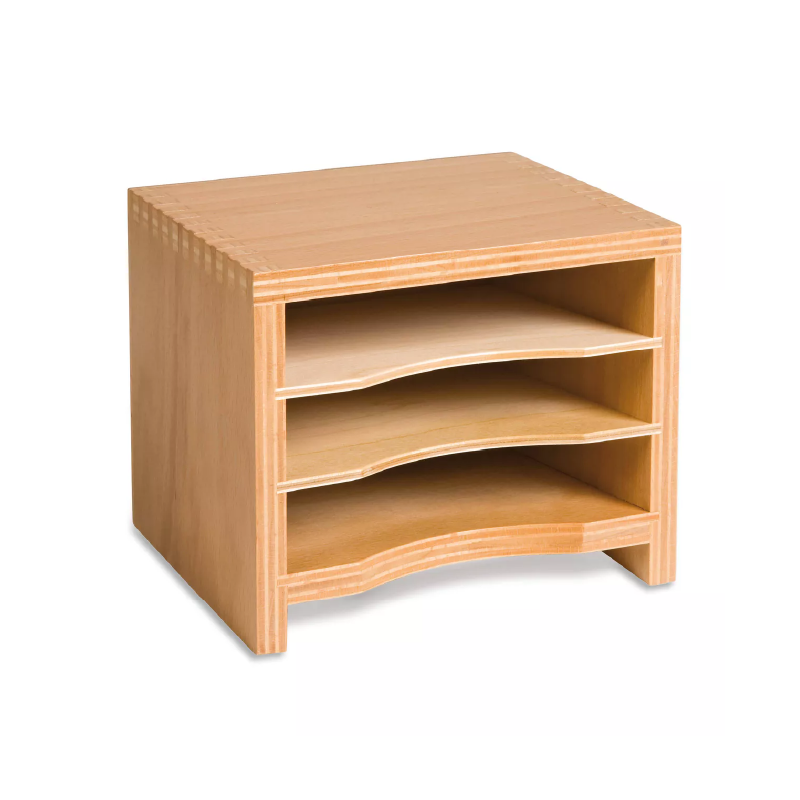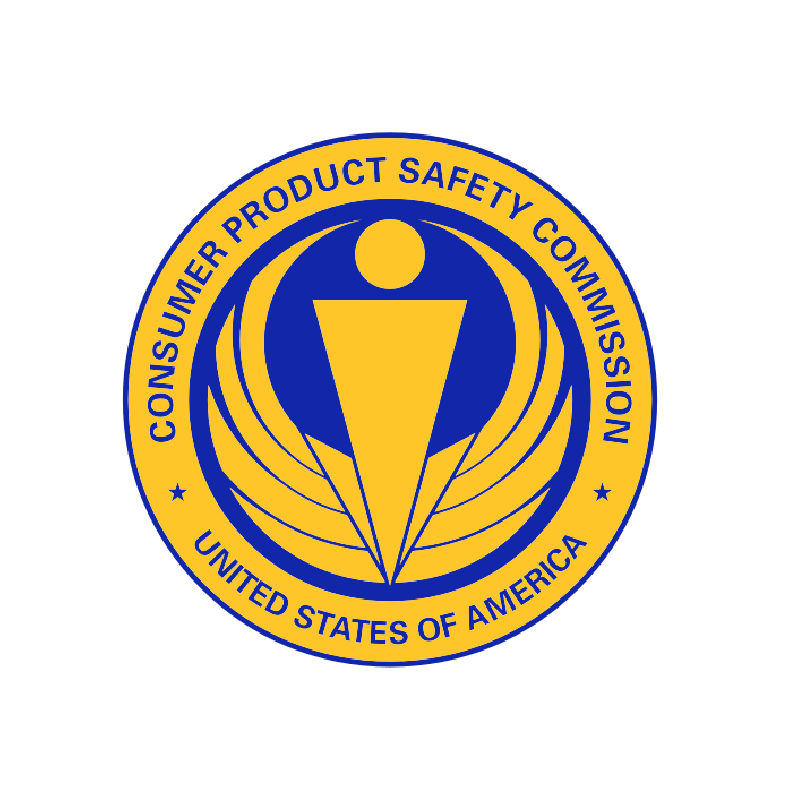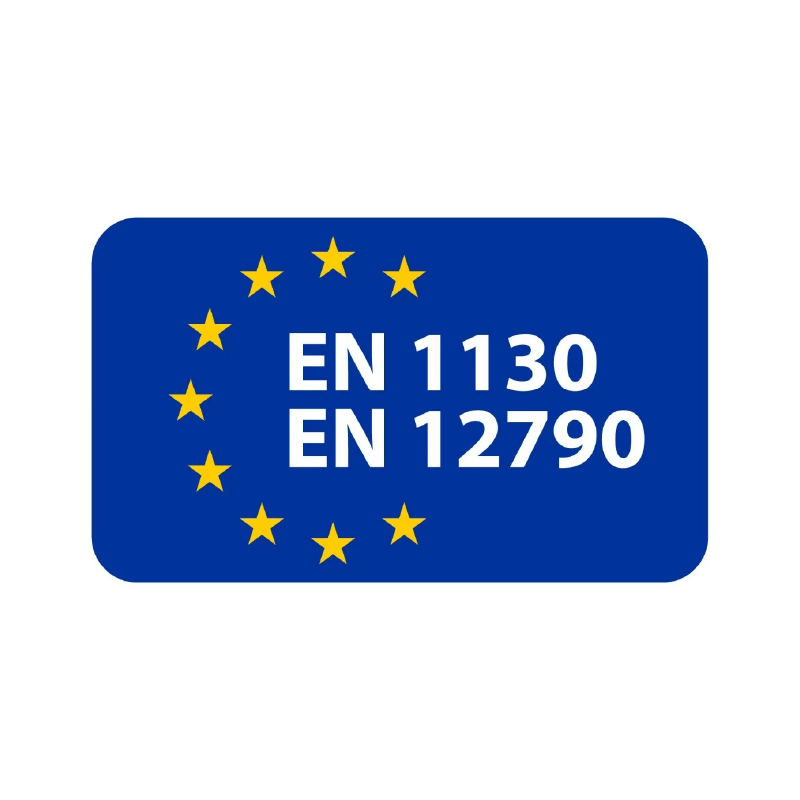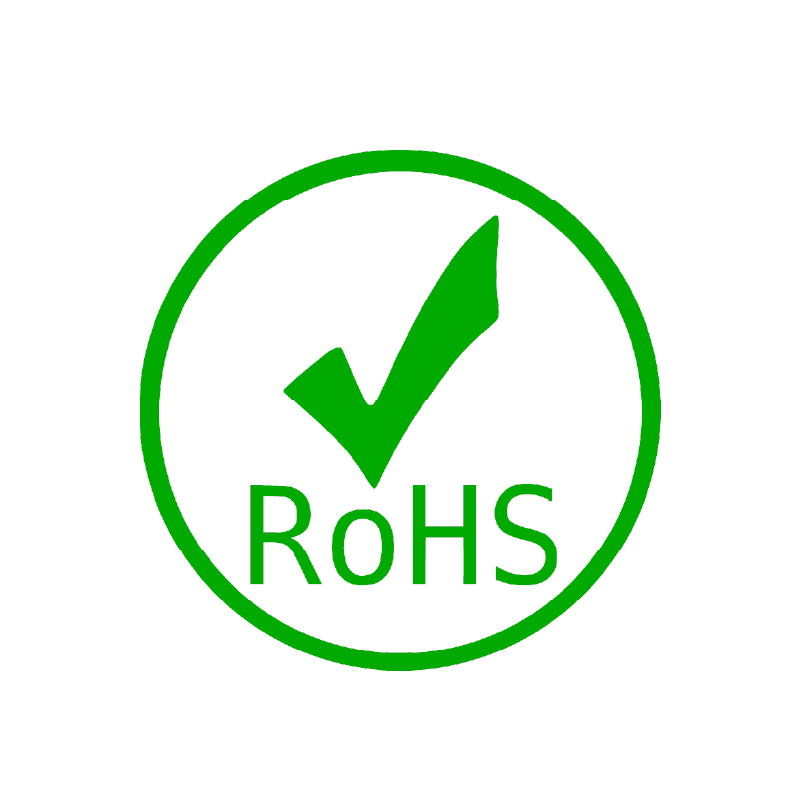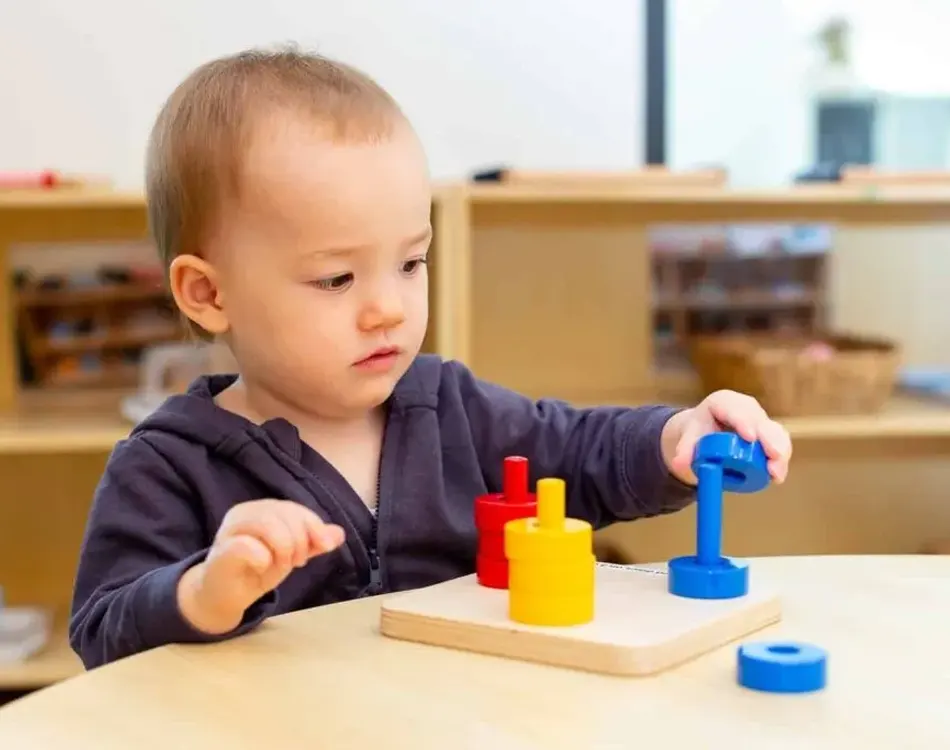
Montessori Materials for Effective Early Learning
Welcome to Winningkidz. As a leading manufacturer and supplier of premium Montessori materials, we offer customizable solutions tailored to foster a dynamic and interactive learning environment for young children. Our Montessori Materials are meticulously designed to encourage self-directed learning, creativity, and critical thinking while adhering to the core principles of the Montessori method.
Whether you are outfitting a preschool, daycare, or Montessori school, our materials are carefully crafted to promote hands-on learning and enhance the developmental experience for children. From sensory exploration tools to practical life aids, each piece is designed with safety and durability in mind.
Range of Montessori Materials
Sensorial Materials
These materials refine children’s senses, helping them better perceive the world. They focus on tactile, visual, auditory, and olfactory senses. Examples include Color Tablets, Sound Boxes, and Geometric Solids, designed to explore colors, textures, sizes, and sounds.
Practical Life Materials
Practical life materials develop fine motor skills, coordination, and independence by mimicking real-life tasks. Examples include pouring sets, dressing frames, and cleaning tools, which promote concentration, hand-eye coordination, and responsibility.
Mathematics Materials
These materials introduce children to numbers, quantities, and operations through hands-on activities. Examples like Golden Beads, Stamp Game, and Number Rods help children learn addition, subtraction, multiplication, and division.
Language Materials
Language materials support literacy development, helping children connect sounds with letters and develop early reading and writing skills. Examples include Sandpaper Letters, Moveable Alphabet, and Language Cards.
Geography Materials
Geography materials help children understand their place in the world by exploring landforms, continents, cultures, and physical features. With puzzle maps, globes, and flags, children develop spatial awareness and a global perspective from an early age.
Biology Materials
Montessori biology materials introduce children to the wonders of the natural world. These resources encourage observation, classification, and curiosity about plants, animals, and the human body. Fostering early scientific thinking and respect for life.
Winning Kidz: Why Choose Us?
As a dedicated supplier of Montessori materials, we follow the core principles of Montessori education, focusing on providing tools that support self-learning and discovery. Our products span a wide range of developmental areas—from sensory activities to math and language learning—each material is carefully selected and designed to encourage children's independent thinking and hands-on skill development.
Our Montessori materials meet international educational standards and are produced under strict quality controls to ensure each product stands the test of time. We collaborate with certified manufacturers who use environmentally friendly materials, ensuring the safety and health of children. Our products undergo rigorous quality checks to meet high durability and safety standards, so you can rest assured while using them.
By embracing eco-friendly practices in our production process, we reflect our dedication to not only the education of children but also the preservation of our planet. Our products are designed to be long-lasting, reduce waste, and encourage sustainable learning practices.
Materials and Craftsmanship of Our Montessori Materials
Discover the exceptional quality and sustainable materials that make up our Montessori materials. Each piece is crafted with care, ensuring durability and safety for young learners.
-
Solid wood Solid wood, such as beech, birch, and maple, is widely used in Montessori materials for its natural beauty, durability, and tactile warmth. It provides a rich sensory experience, making it ideal for sensorial, practical life, and math activities that encourage hands-on exploration.
-
Madeira compensada Plywood, made from layers of thin wood sheets, is valued for its strength, stability, and resistance to warping. It is commonly used for larger surfaces like puzzle bases and classroom furniture, offering a cost-effective yet durable alternative to solid wood.
-
Metal Metal is primarily featured in materials like Metal Insets, helping develop fine motor skills and precision. Its smooth, cool texture introduces children to different material properties and adds durability to high-use educational tools.
-
Fabric and String Fabric and string are essential in practical life activities such as dressing frames, helping children practice zipping, buttoning, and tying. These materials offer a soft, engaging tactile experience that promotes fine motor development and independence.
-
Sandpaper and Cardboard Sandpaper and cardboard are widely used in Montessori language and sensory materials, like sandpaper letters and classification cards. Sandpaper provides a unique tactile surface for tracing, reinforcing letter shapes, while cardboard offers a lightweight, sturdy base for printed visuals and learning aids.
-
Glass and Ceramic Glass and ceramic are thoughtfully included in practical life activities to teach careful handling and responsibility. Children use small pitchers, bowls, and cups made of these materials, encouraging mindfulness, control, and respect for their environment.
Unique Features of Our Montessori Materials
Explore the distinctive advantages of our Montessori materials designed to empower and engage young minds in meaningful learning. Our commitment to excellence is reflected in every product, setting us apart in the Montessori educational market.
Authentic Montessori Standards
Our products faithfully adhere to Montessori educational principles, ensuring that each item serves a clear developmental purpose and supports holistic child growth. Our expertise guarantees that every tool is effective, safe, and developmentally appropriate for young learners.
Adaptability and Versatility
Our Montessori materials grow with the child. Materials offer varying levels of complexity, challenging children as they develop, and supporting learning across math, language, sensorial, and practical life domains.
Multi-Sensory Approach
Our products engage multiple senses to aid development and retention of new skills. Whether it’s the smooth texture of the wood, the bright colors of the beads, or the sounds of the materials coming together, each element is designed to enhance the learning experience.
Durability and Safety
Built to last, our Montessori materials are crafted from high-quality materials that withstand the rigors of daily use in a bustling classroom setting. Safety is our top priority, with all products meeting strict safety standards to ensure they are free from sharp edges and harmful chemicals.
Eco-Friendly Production
We pledge to protect the planet just as we aim to nurture young minds. Our eco-friendly production processes minimize waste and reduce environmental impact, aligning with our commitment to sustainability and responsibility.
Customization Options
Recognizing that each educational environment has unique needs, we offer customization options that allow educators to tailor our materials to fit their specific educational objectives and classroom settings.
Choosing the Right Montessori Materials
Choosing the right Montessori materials is key to creating a successful learning environment. Here’s a simple guide to help you select the best tools for your educational space.
Understand Your Learning Goals:
Begin by identifying the specific developmental goals you want to support, such as fine motor skills, cognitive development, or sensory exploration. Our Montessori materials are designed to target various aspects of child growth, so knowing your goals helps you pick the most suitable tools.
Consider Age and Skill Level
Montessori tools are designed to be used at different stages of a child’s development. When choosing materials, consider the age group and developmental stage of the children who will be using them. We offer a range of products for infants, toddlers, and preschoolers, ensuring that each tool is age-appropriate and challenging.
Focus on Hands-On Learning
Montessori education emphasizes active, hands-on learning. Choose materials that encourage interaction and exploration. Look for products that allow children to manipulate, touch, and experiment, helping them to learn through direct experience.
Look for Versatility
Select materials that can grow with the child. Some tools are adaptable and can be used at different levels of complexity as the child’s skills develop. This makes your investment more sustainable, as the same materials can continue to challenge and support learning as the child progresses.
Prioritize Durability and Safety
Choose materials that are built to last and are made from safe, non-toxic materials. Our Montessori tools are designed for durability, with high-quality materials that can withstand daily use in busy classrooms.
Embrace Simplicity
Montessori materials are often simple and elegant in design, allowing the child to focus on the learning task at hand without distractions. When selecting materials, choose those that are clean, functional, and free from unnecessary complexity, in line with Montessori principles.
Customization Options
If you have specific needs or classroom setups, consider customized Montessori tools. Our team is happy to help you create a learning environment that fits your unique requirements.
Montessori Materials for Different Age Groups
Montessori materials are thoughtfully designed to support children's development at every stage. From sensory play for infants to complex problem-solving for older children, our materials foster independence and hands-on learning at each level.
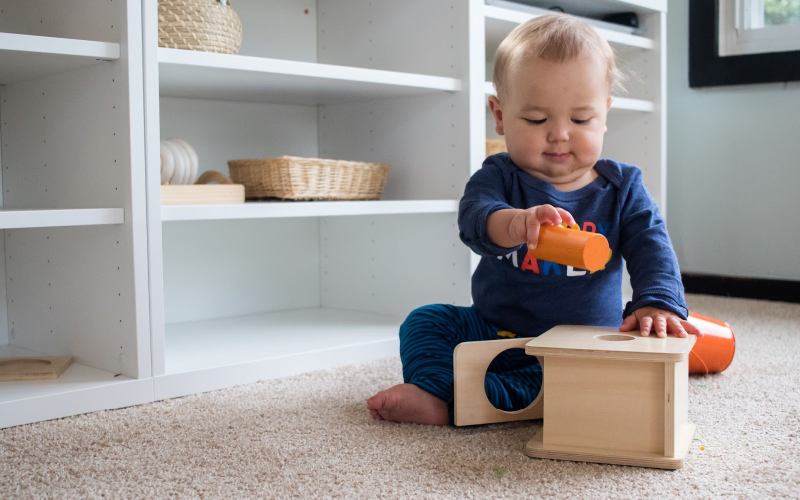
Infants and Toddlers (0-3 years)
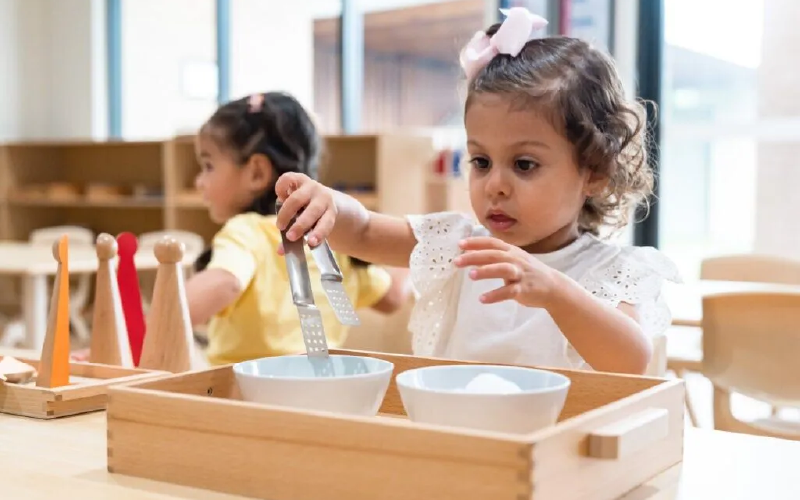
Preschoolers (3-6 years)
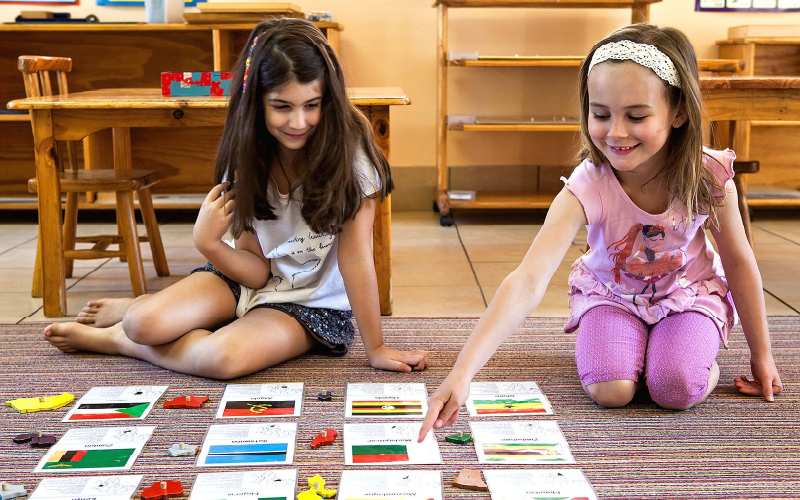
Early Elementary (6-9 years)
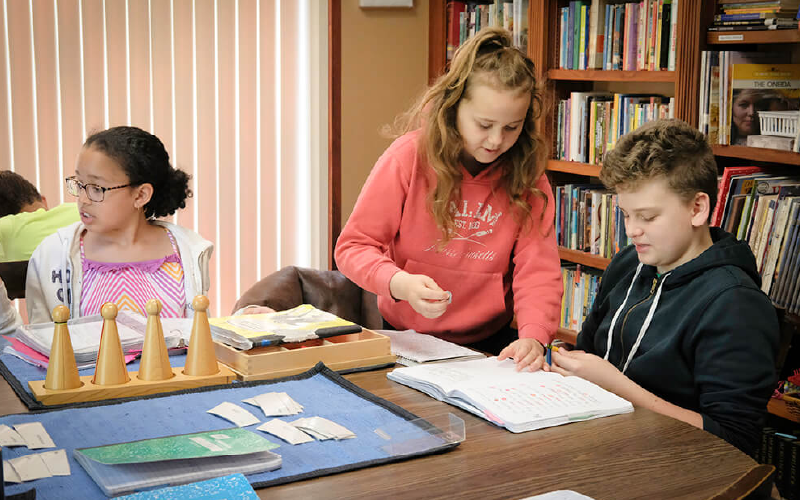
Upper Elementary (9-12 years)
Customization Options
We understand that every Montessori environment is unique, which is why we offer flexible customization options for all Montessori materials and classroom furnishings. Whether you need specific sizes, color finishes, language labels, or logo printing, our in-house design and production team can tailor products to meet your exact requirements.
- Personalized Branding: Add your logo, school name, or custom colors to create unique, branded Montessori materials.
- Language Options: Customize materials in multiple languages to accommodate multilingual classrooms and diverse learners.
- Tailored Material Sets: Create specialized sets tailored to your curriculum or developmental focus, such as math, language, or sensory tools.
- Size and Color Variations: Adjust the size and color of materials to fit your space or enhance visual engagement for children.
- Custom Designs and Prototypes: Work with us to design custom tools or prototypes that meet your specific educational needs.
- Material Choices: Choose from a variety of eco-friendly, high-quality materials such as wood, fabric, or durable plastics.
- Inclusive Education Materials: Customize materials to support inclusive education, with tactile or visual adjustments for all learners.
Safety Certifications for Montessori Materials
Montessori materials undergo rigorous testing to ensure they meet international safety standards, providing a safe and secure learning environment for children. Below are some key safety certifications:
Cleaning and Maintenance of Montessori Materials
Proper care and maintenance of your Montessori educational materials ensure their longevity and safety for children. Here’s a simple guide to help you keep your materials in top condition.
1. Regular Dusting and Wiping:
Dust off wooden and plastic materials using a soft, dry cloth to remove dirt and debris. A microfiber cloth works best for gentle cleaning without scratching the surfaces. Wipe surfaces regularly to maintain cleanliness and hygiene.
2. Cleaning Wooden and Textile Materials:
For wooden materials, use a damp cloth with mild soap if needed and avoid excessive moisture to prevent damage. Wipe dry immediately. For fabric items, follow care instructions, wash on a delicate cycle, and air dry to preserve the material’s integrity.
3. Disinfecting and Deep Cleaning:
Periodically, disinfect materials with a child-safe disinfectant, especially during flu season or after shared use. For deeper cleaning, use wood polish for wooden items and spot clean fabric-based materials with mild detergent.
4. Avoid Harsh Chemicals:
Avoid using harsh chemicals on your Montessori materials, as they can damage the surfaces or introduce harmful substances. Stick to natural, non-toxic cleaning products to ensure safety and longevity.
5. Proper Storage:
Store your Montessori materials in a clean, dry space away from direct sunlight or excessive humidity to prevent fading or warping. Organize materials on shelves or in containers to keep them accessible and in good condition.
6. Regular Inspections:
Inspect your materials regularly for signs of wear or damage. Check for loose parts, cracks, or splinters. Promptly repair or replace any damaged items to ensure they remain safe for use by children.
Montessori Materials vs Traditional Toys
Unlike traditional toys, which often entertain without a clear educational purpose, Montessori materials are thoughtfully designed to support specific stages of child development. Each material isolates a single concept—such as size, shape, weight, or sound—allowing children to explore through hands-on repetition and self-correction.
| Aspecto | Materiais Montessori | Traditional Toys |
|---|---|---|
| Abordagem de Aprendizagem | Hands-on, child-directed, self-paced learning | Often play-driven with less focus on structured learning |
| Propósito | Designed to promote skill development and independence | Primarily designed for entertainment and passive play |
| Material Quality | Natural, eco-friendly materials (wood, metal, etc.) | Typically plastic, synthetic, or mass-produced materials |
| Valor Educacional | Focus on cognitive, sensory, motor, and life skills | Generally focuses on short-term entertainment or creativity |
| Complexity | Gradually increases in complexity, building skills | Usually offers immediate engagement, less developmental progression |
| Durabilidade | Built for long-term use, often passed down | May be less durable, often designed for single-use or short-term enjoyment |
| Engagement Level | Encourages deep concentration and independent problem-solving | Often designed for quick, external engagement and entertainment |
| Benefícios de desenvolvimento | Develops fine motor skills, critical thinking, language, and more | Primarily focuses on physical play or imaginative play |
Perguntas frequentes
What are the core characteristics of Montessori materials?
The core characteristics of Montessori materials are self-correcting, sensory-stimulating, hands-on, and easy to use independently. These features enable children to learn through discovery and active engagement.
How do Montessori materials help children learn?
Montessori materials help children learn by allowing them to manipulate objects directly. This hands-on approach promotes cognitive development, independence, and self-discipline, making them ideal for children who learn best through sensory experiences.
Are Montessori materials only for Montessori schools?
No, Montessori materials can be used not only in Montessori schools but also in homes. Many parents choose to provide these materials to support learning and development at home.
How do I choose the right Montessori materials for my child?
When choosing Montessori materials, consider the child’s age, interests, and current learning stage. Select materials that will help them progress to the next developmental milestone.
How do Montessori materials differ from traditional educational tools?
Montessori materials differ from traditional tools in that they focus more on interaction and self-directed learning. They are often self-correcting, allowing children to learn from mistakes independently without adult intervention.
How do Montessori materials help with language development?
Montessori materials like language cards, movable alphabets, and sandpaper letters help children recognize letters, build vocabulary, and develop reading and writing skills in an interactive, hands-on way.
Can I make my own Montessori materials at home?
Yes, many simple Montessori materials can be made at home using inexpensive, everyday items. For example, you can create sensory bins, number lines, or even simple puzzles that align with Montessori principles.
How do Montessori materials help with motor skills development?
Many Montessori materials, such as puzzles, bead frames, and stacking toys, require fine motor movements, helping children improve their hand-eye coordination, dexterity, and muscle strength through purposeful play.

